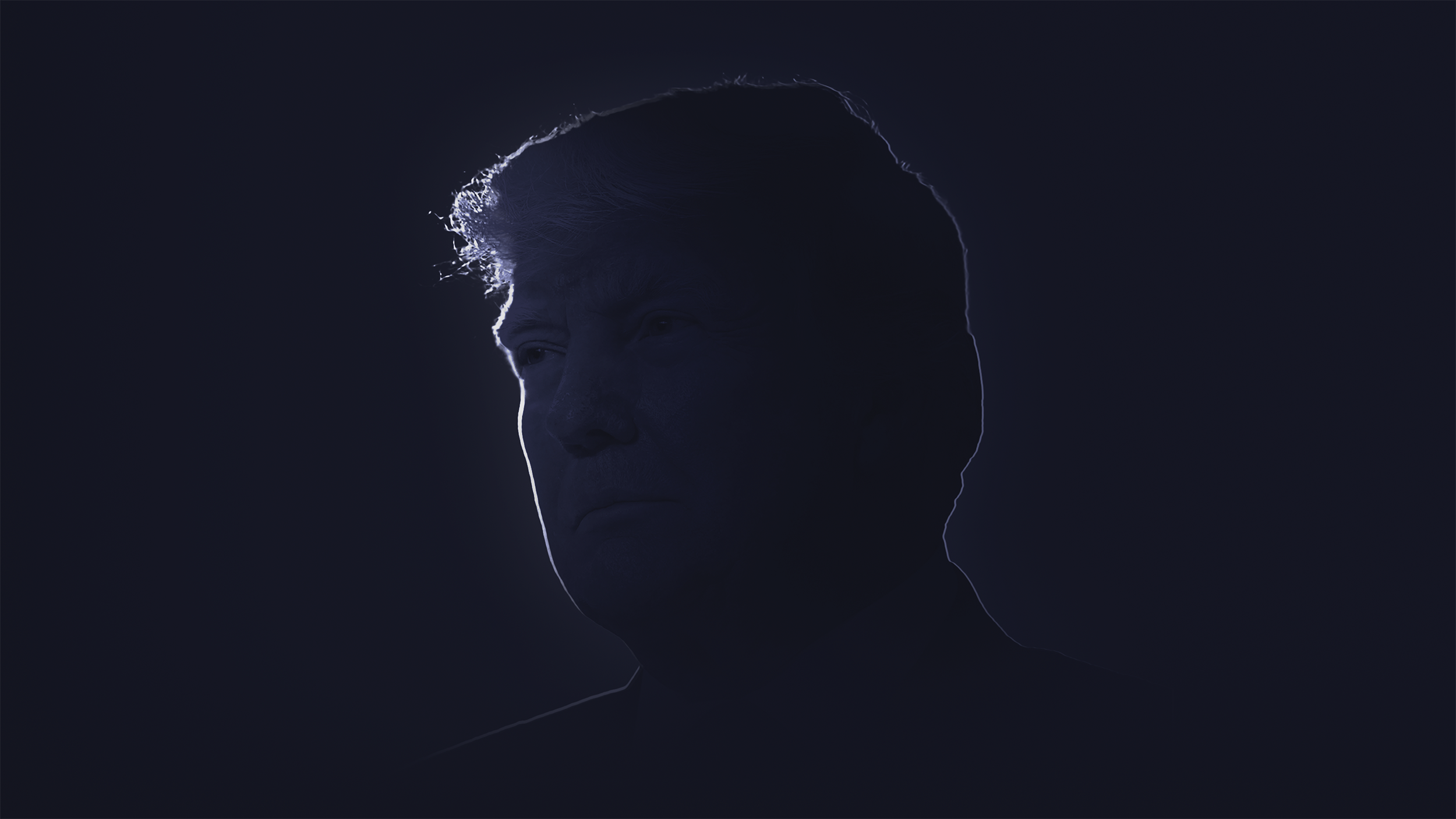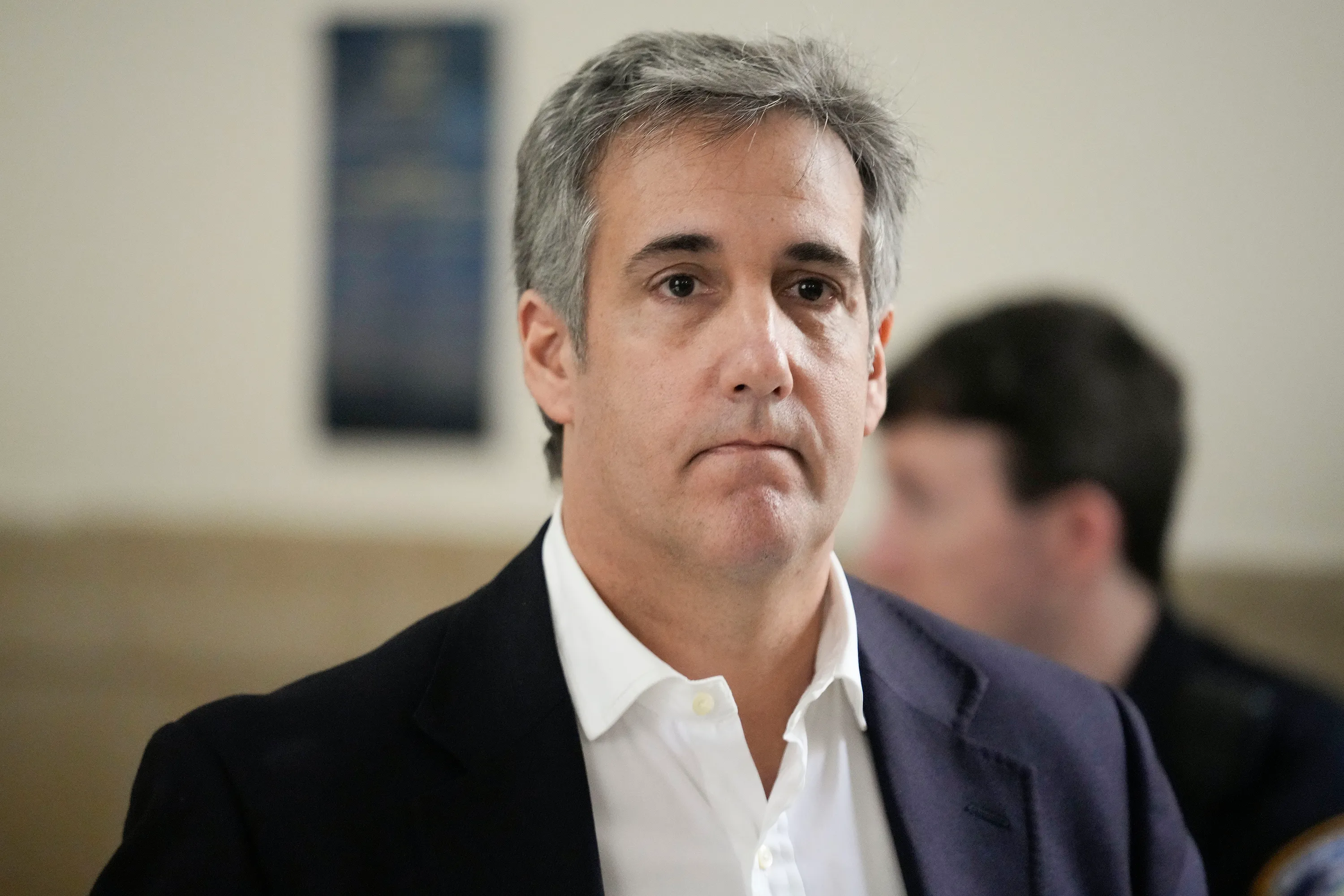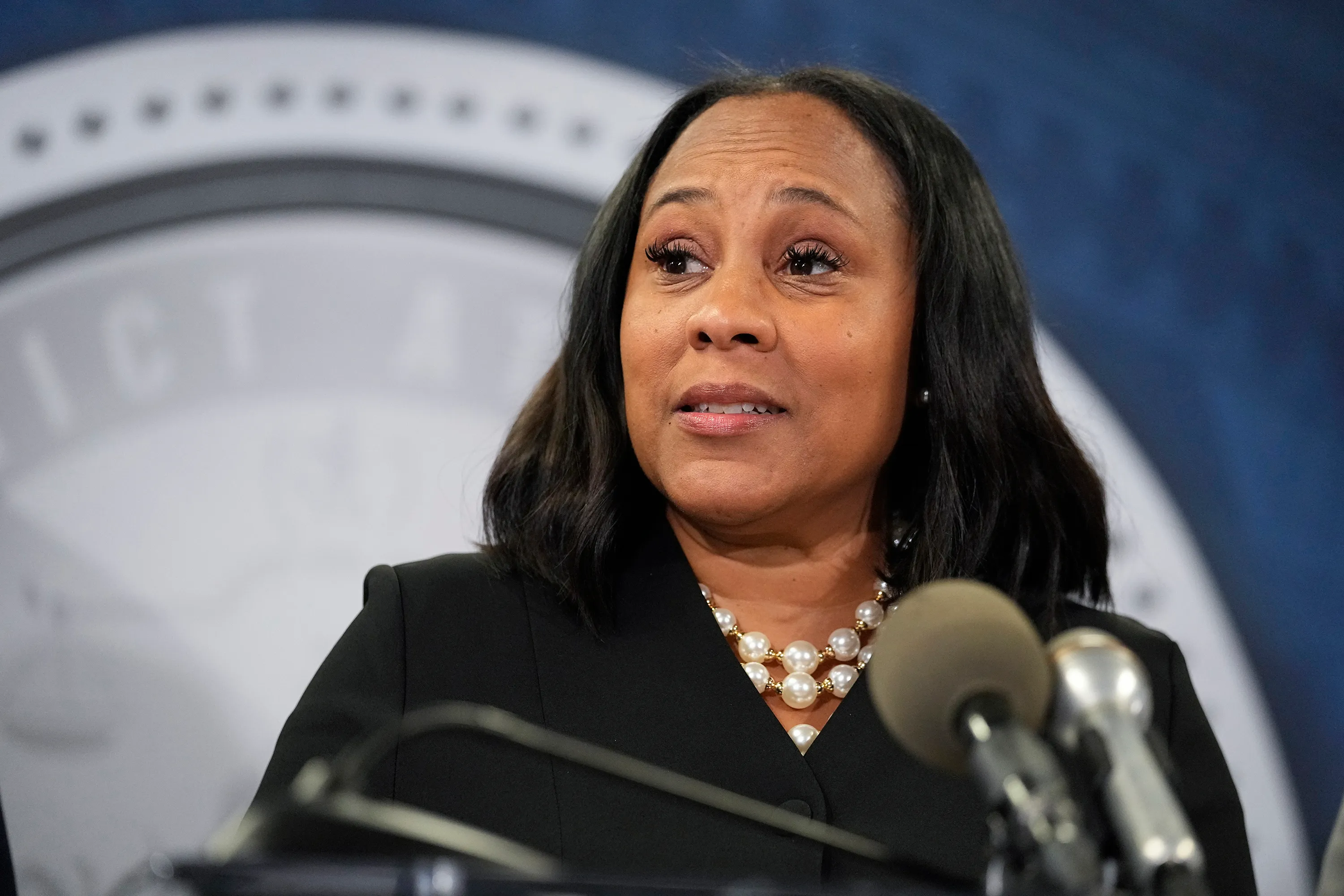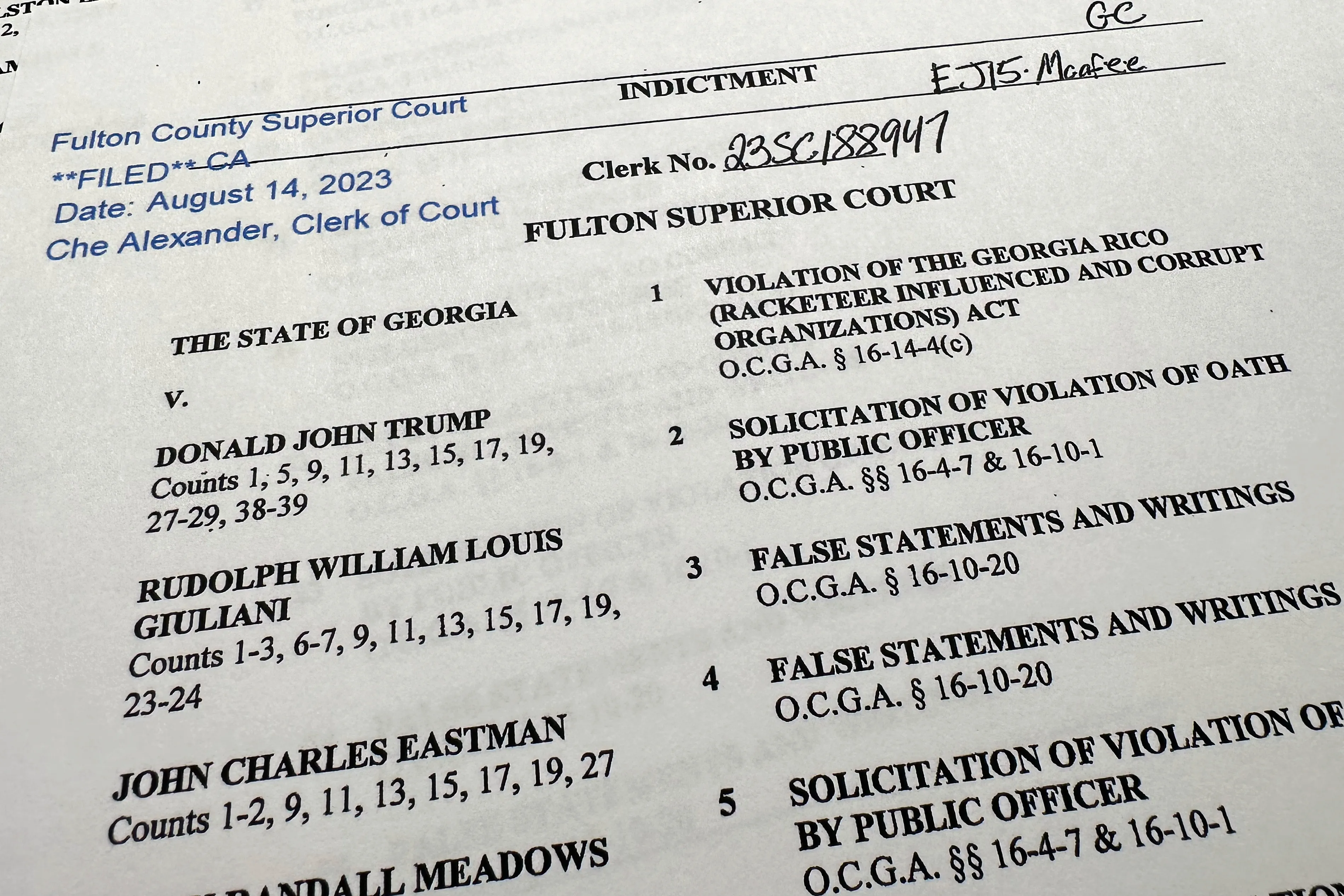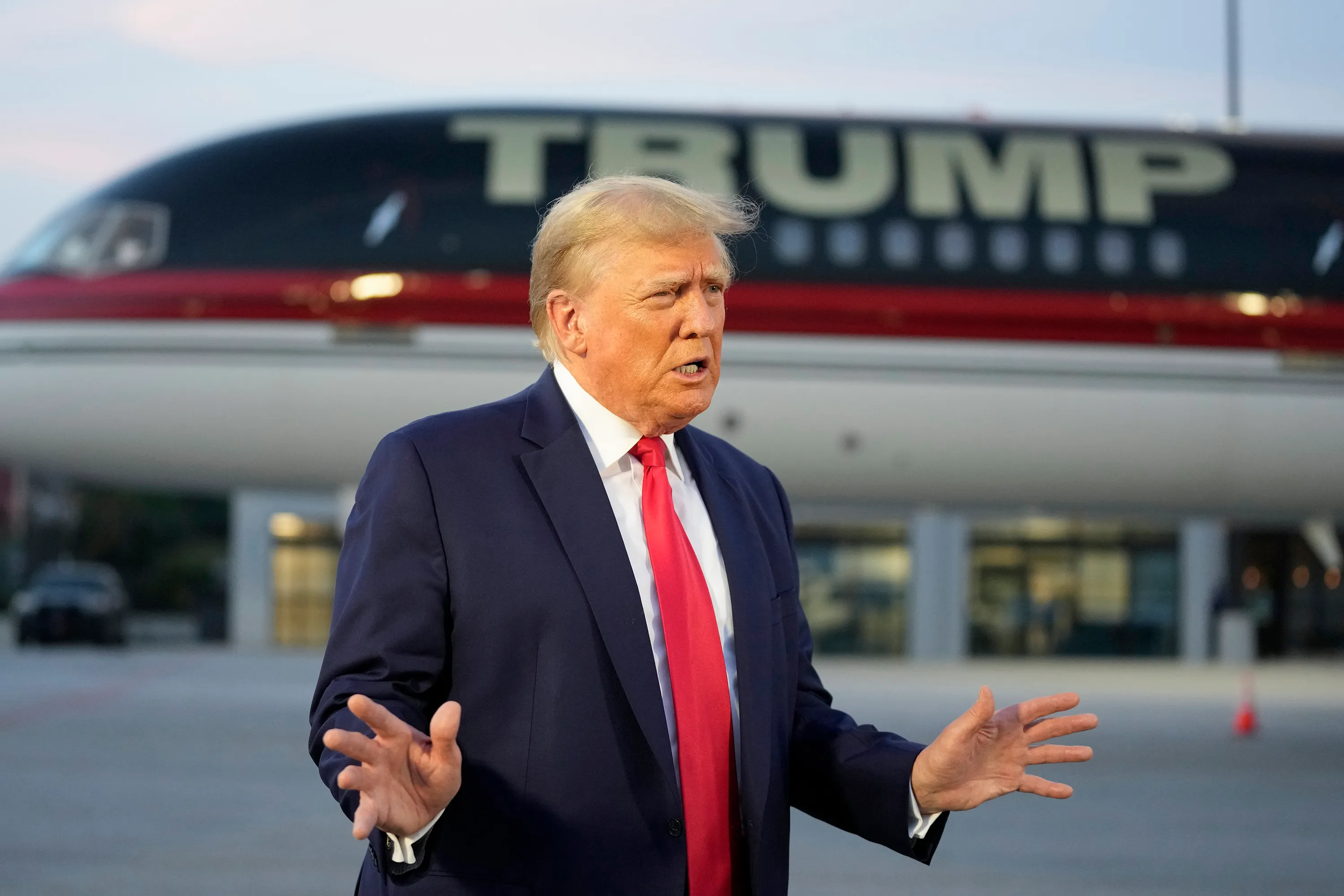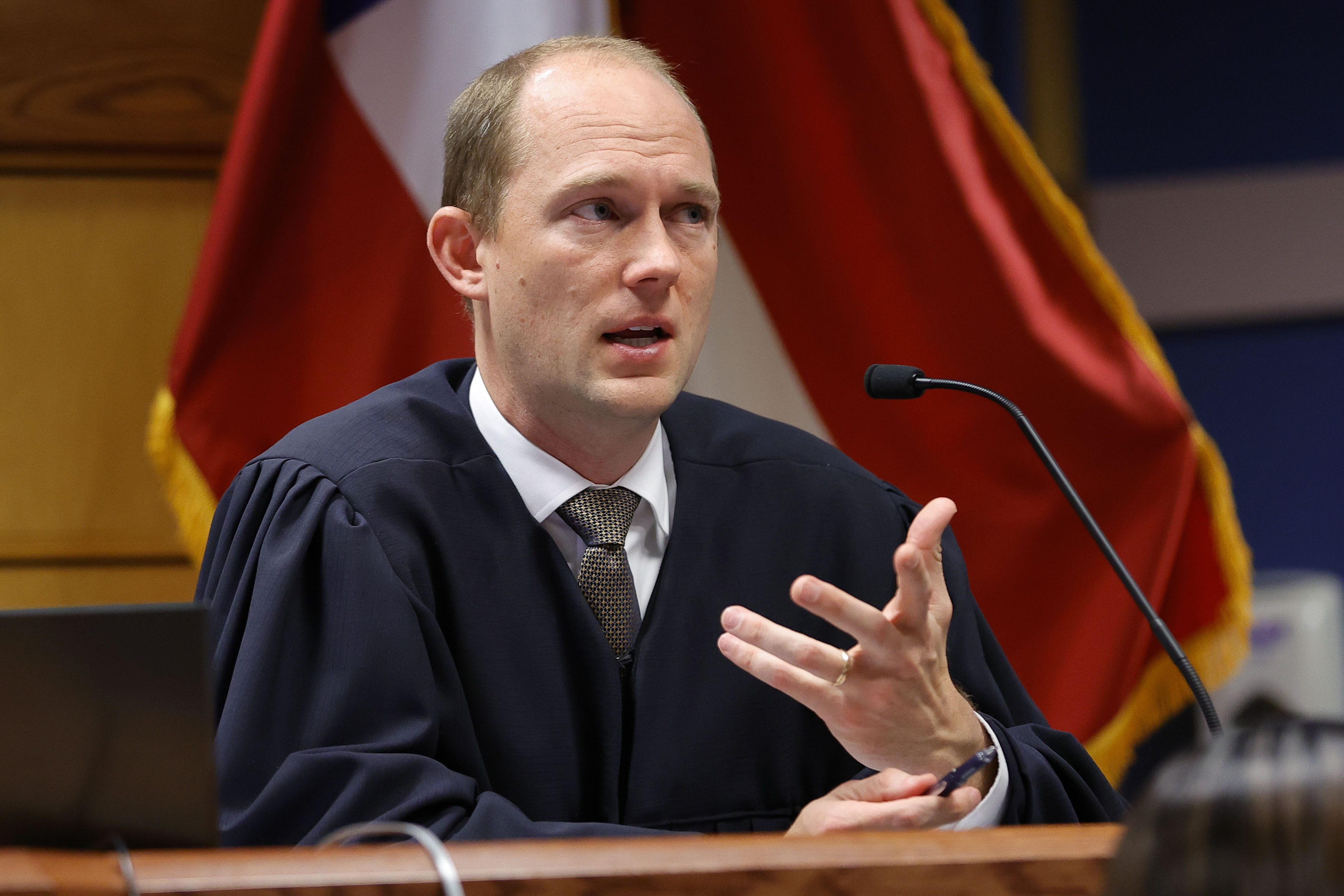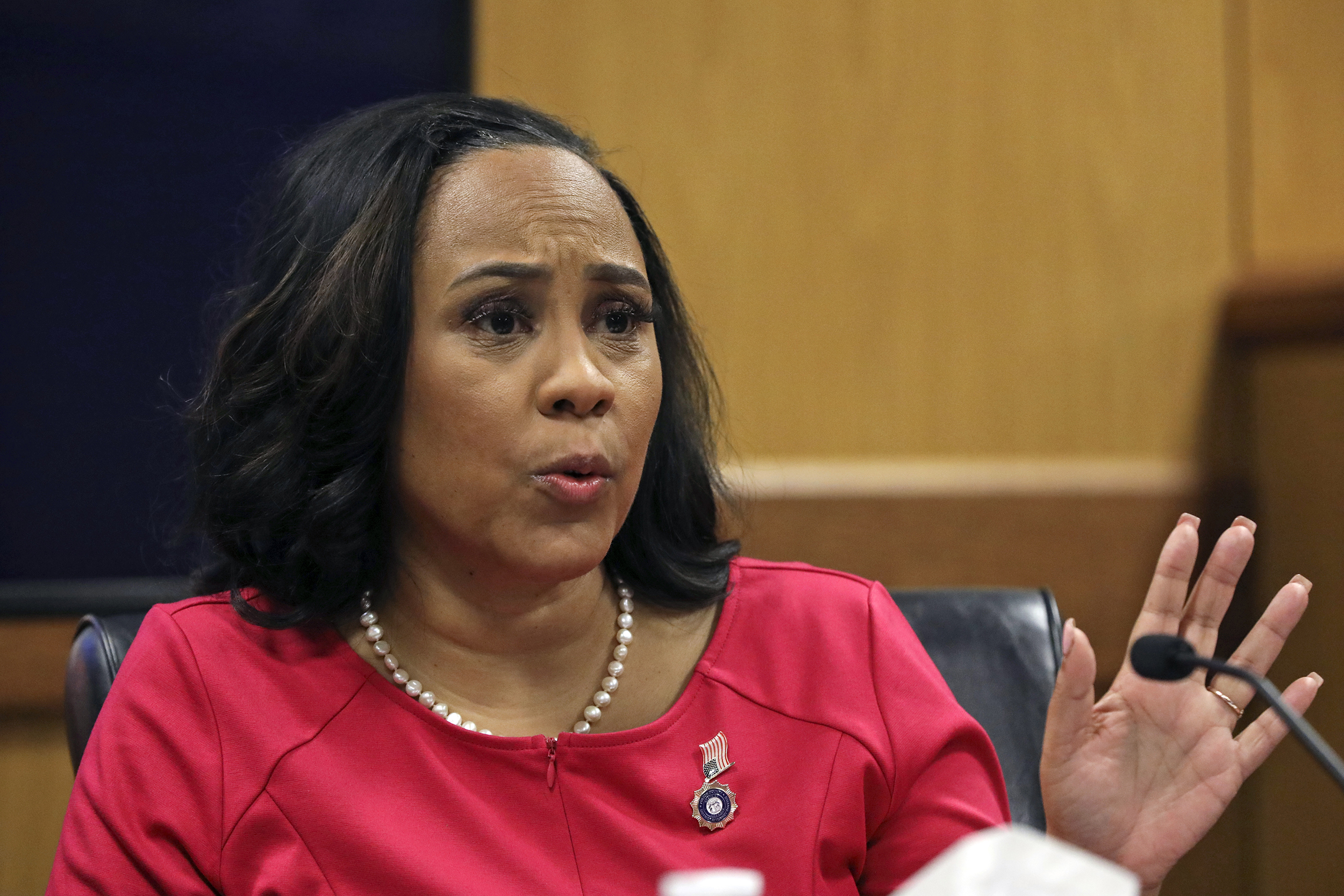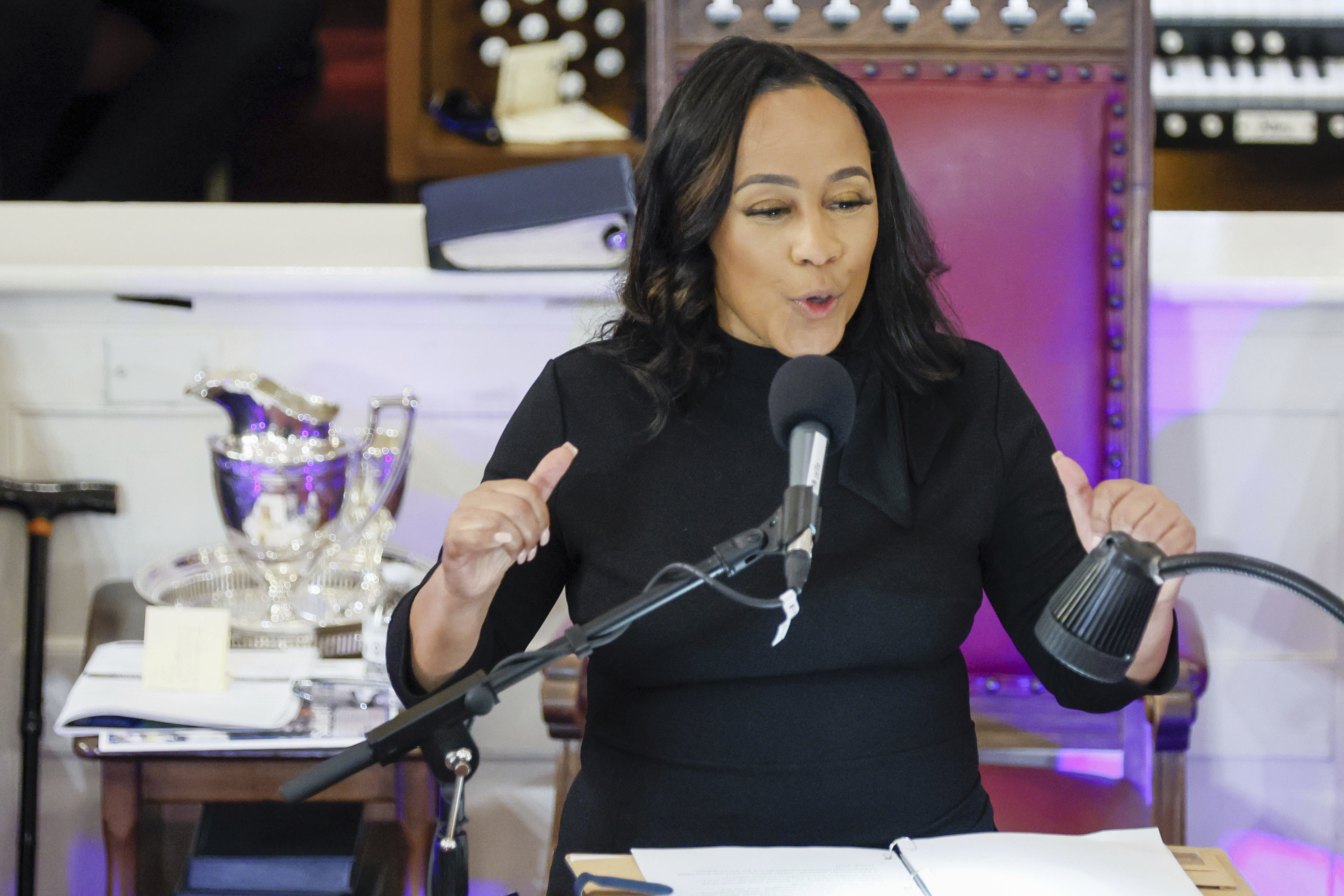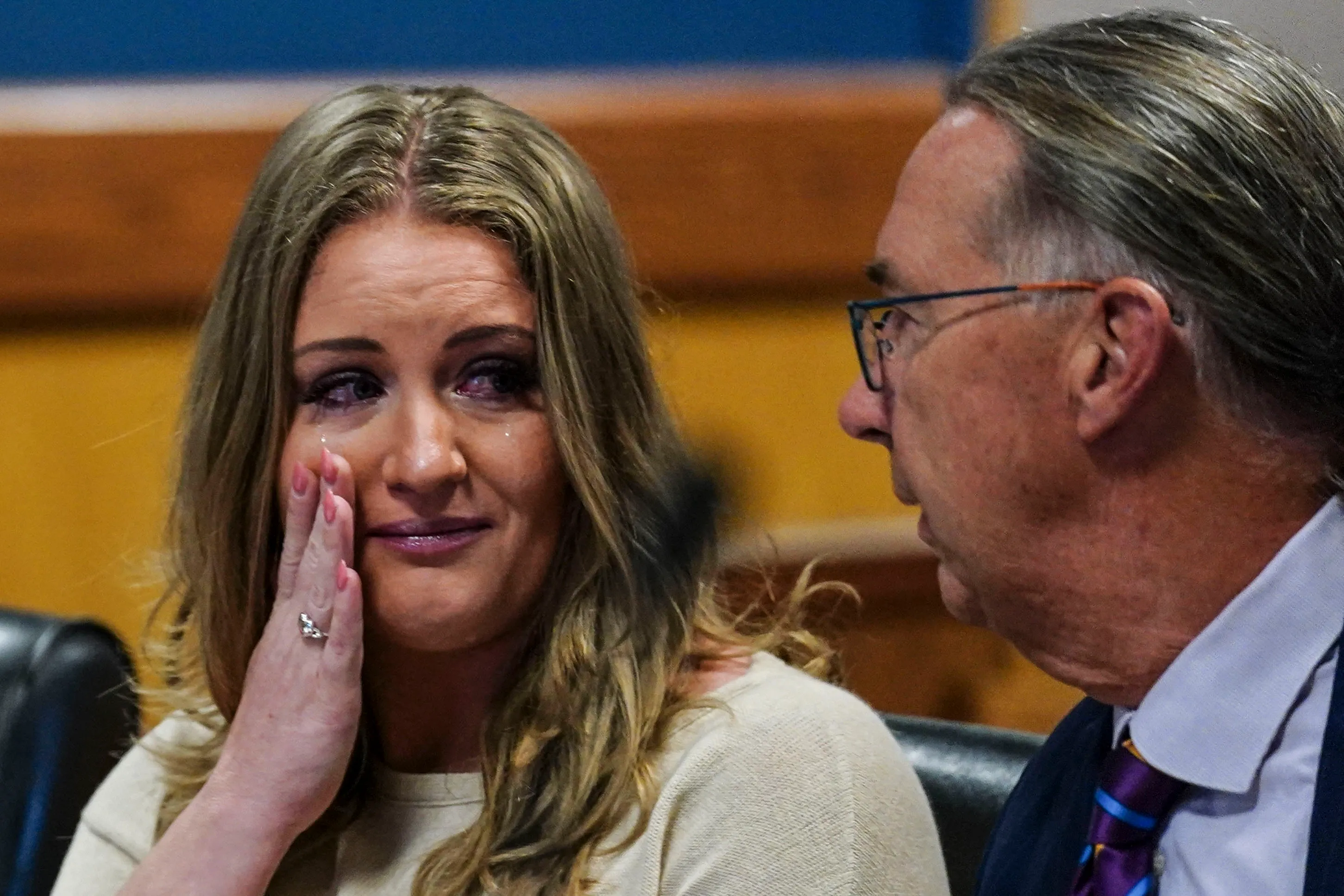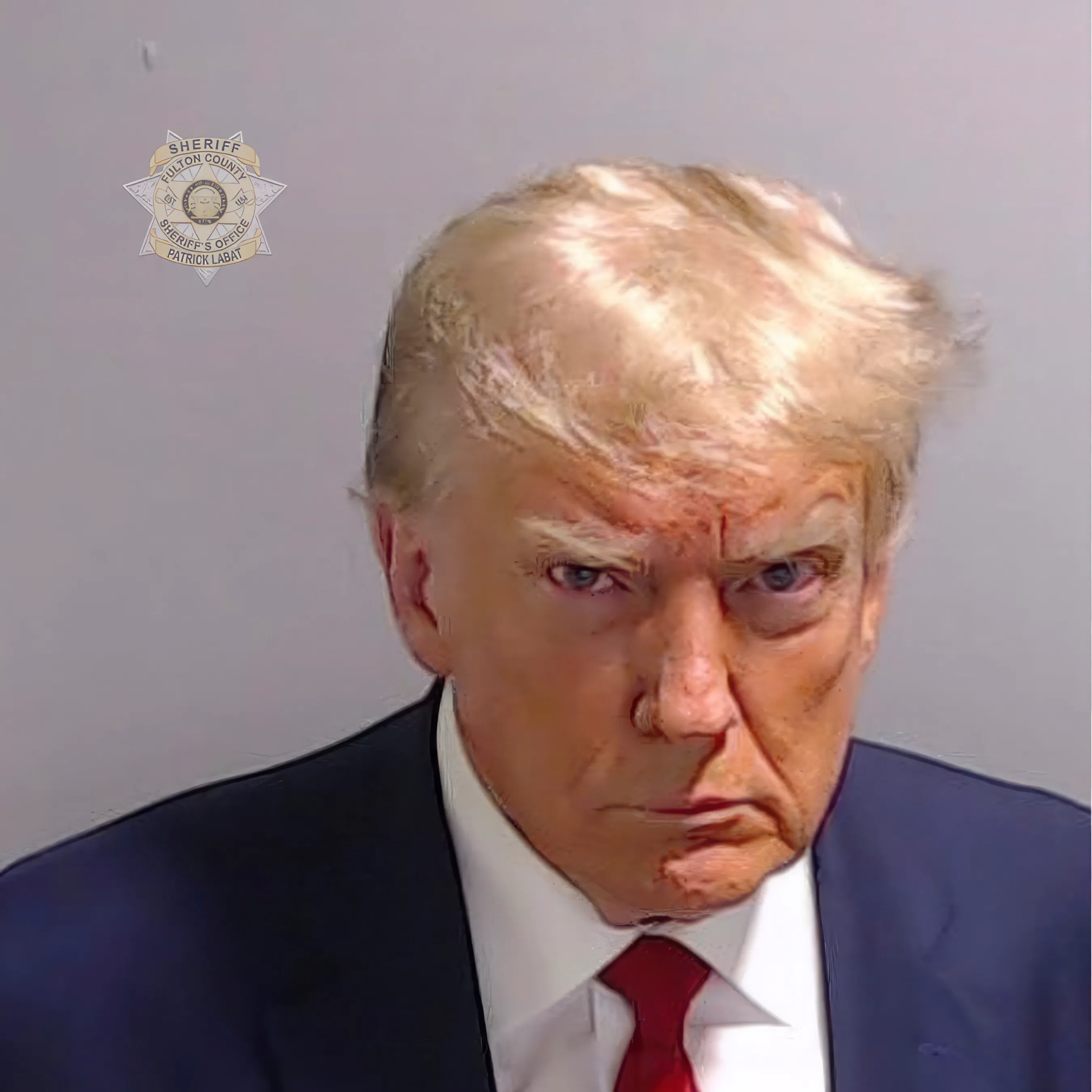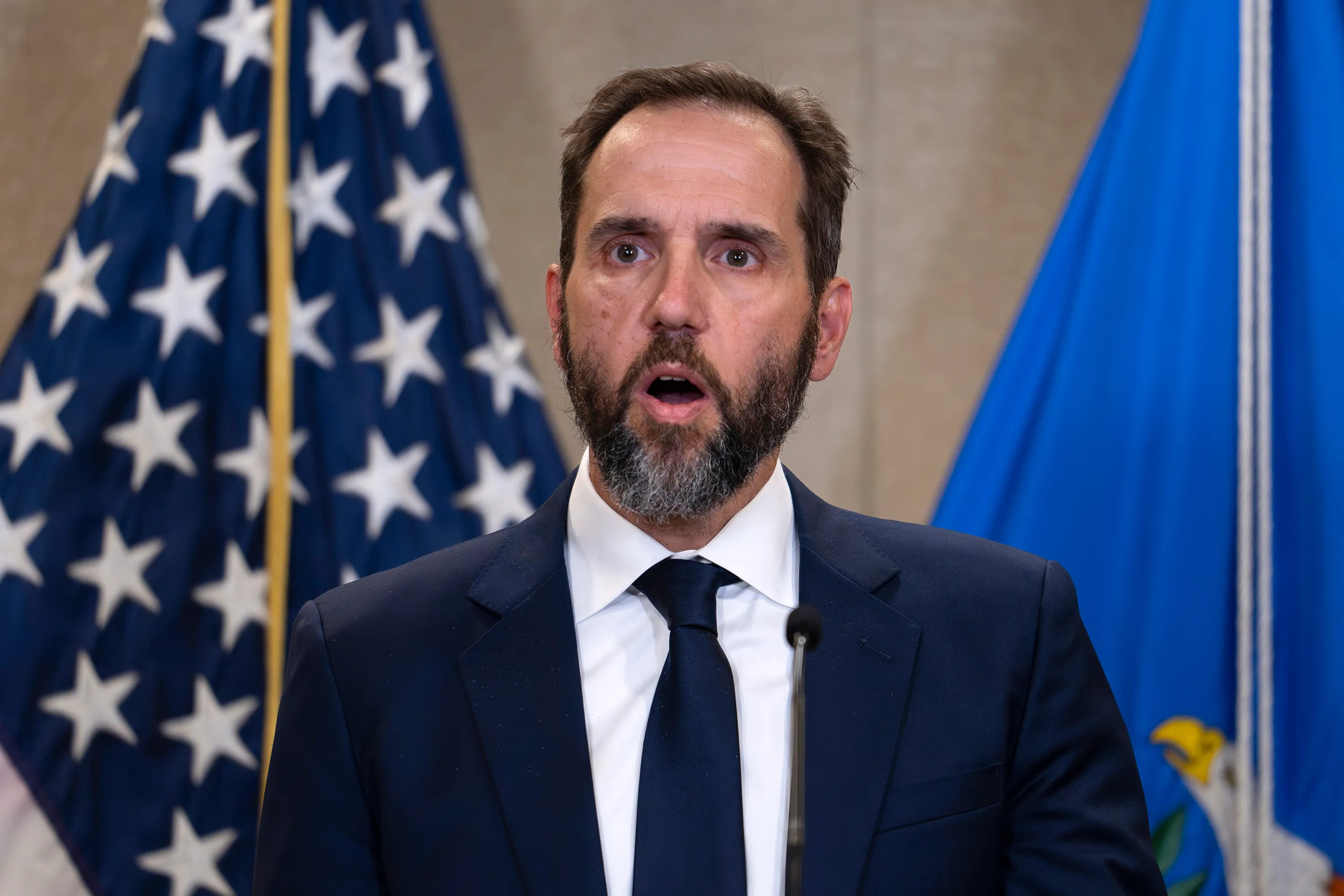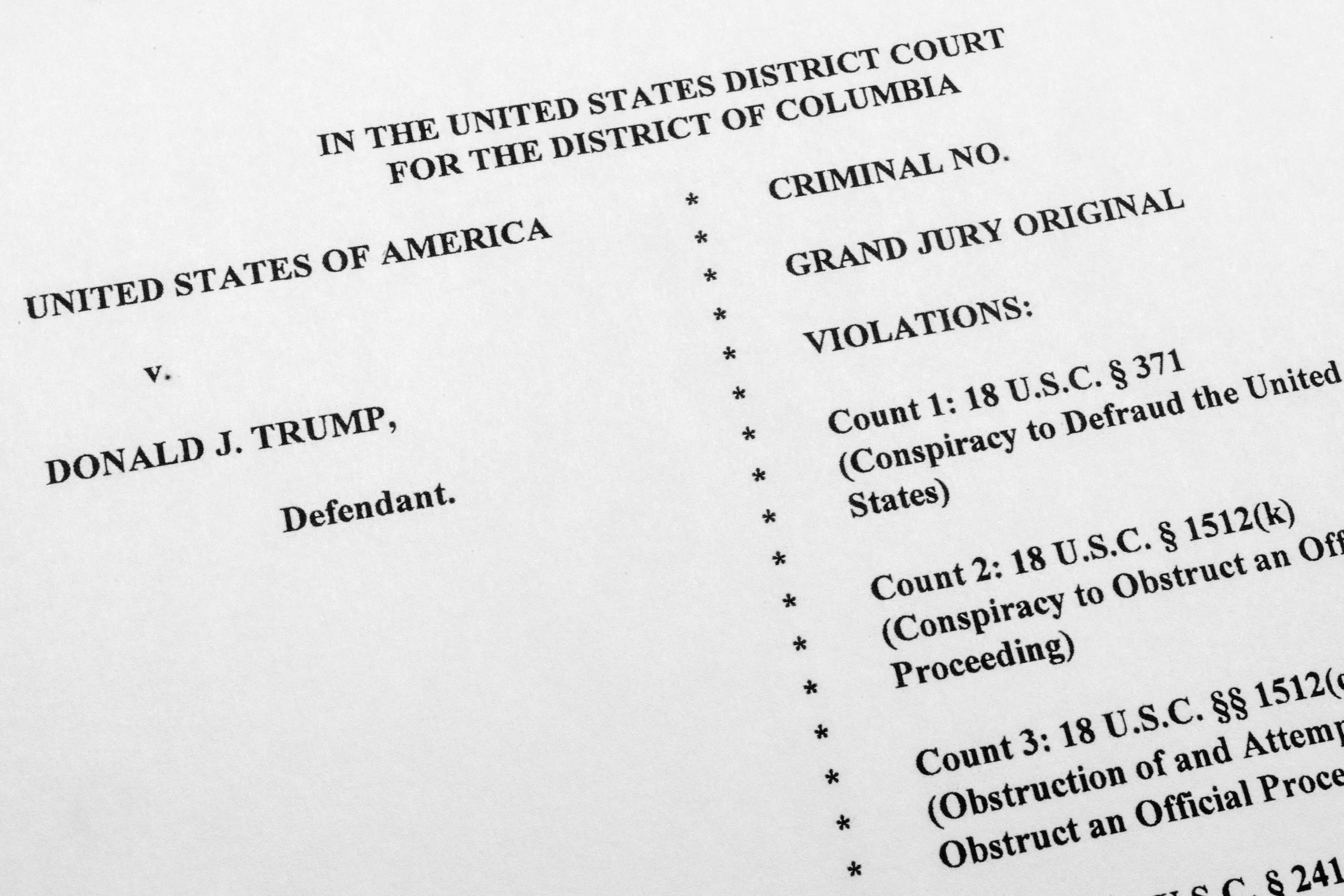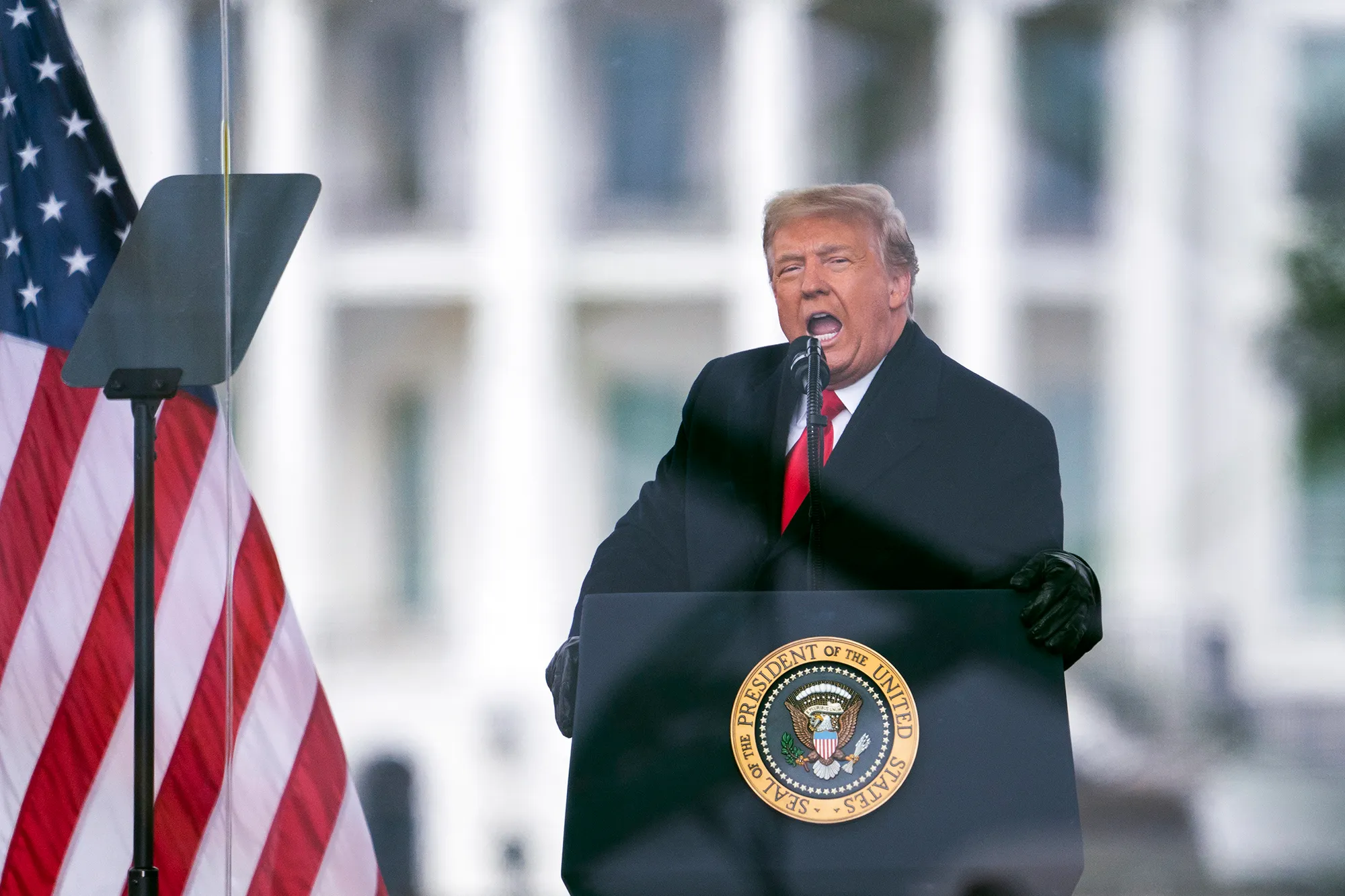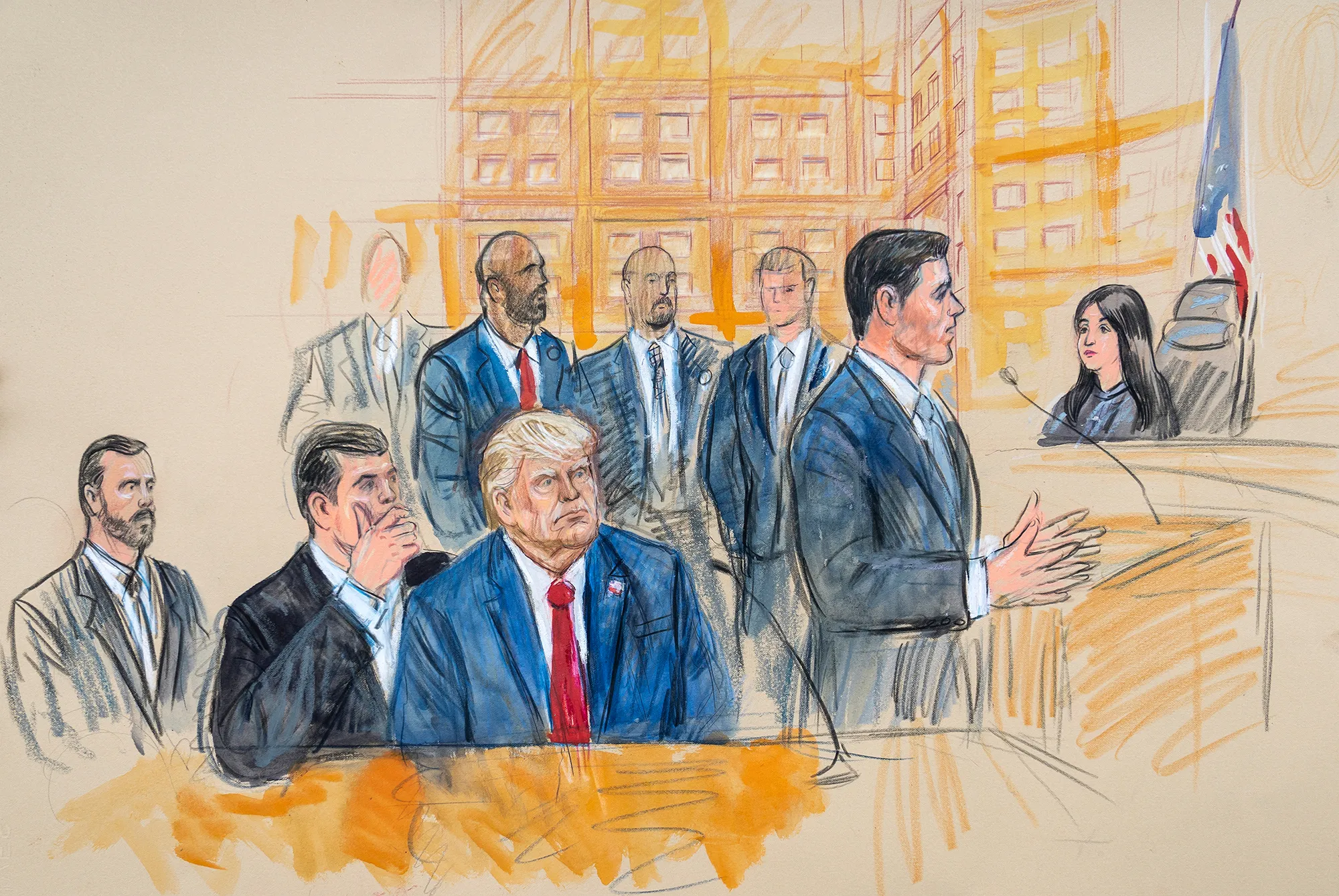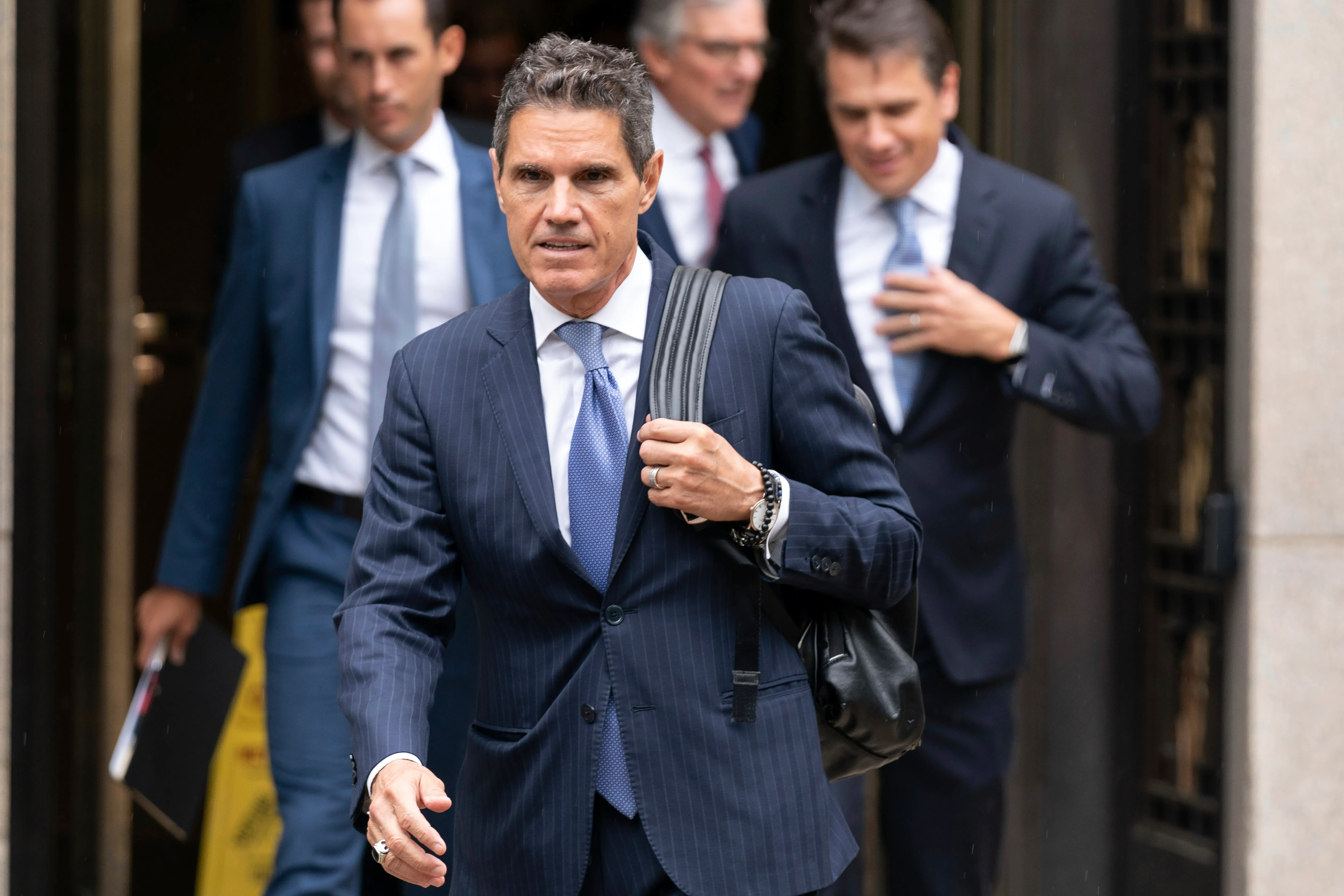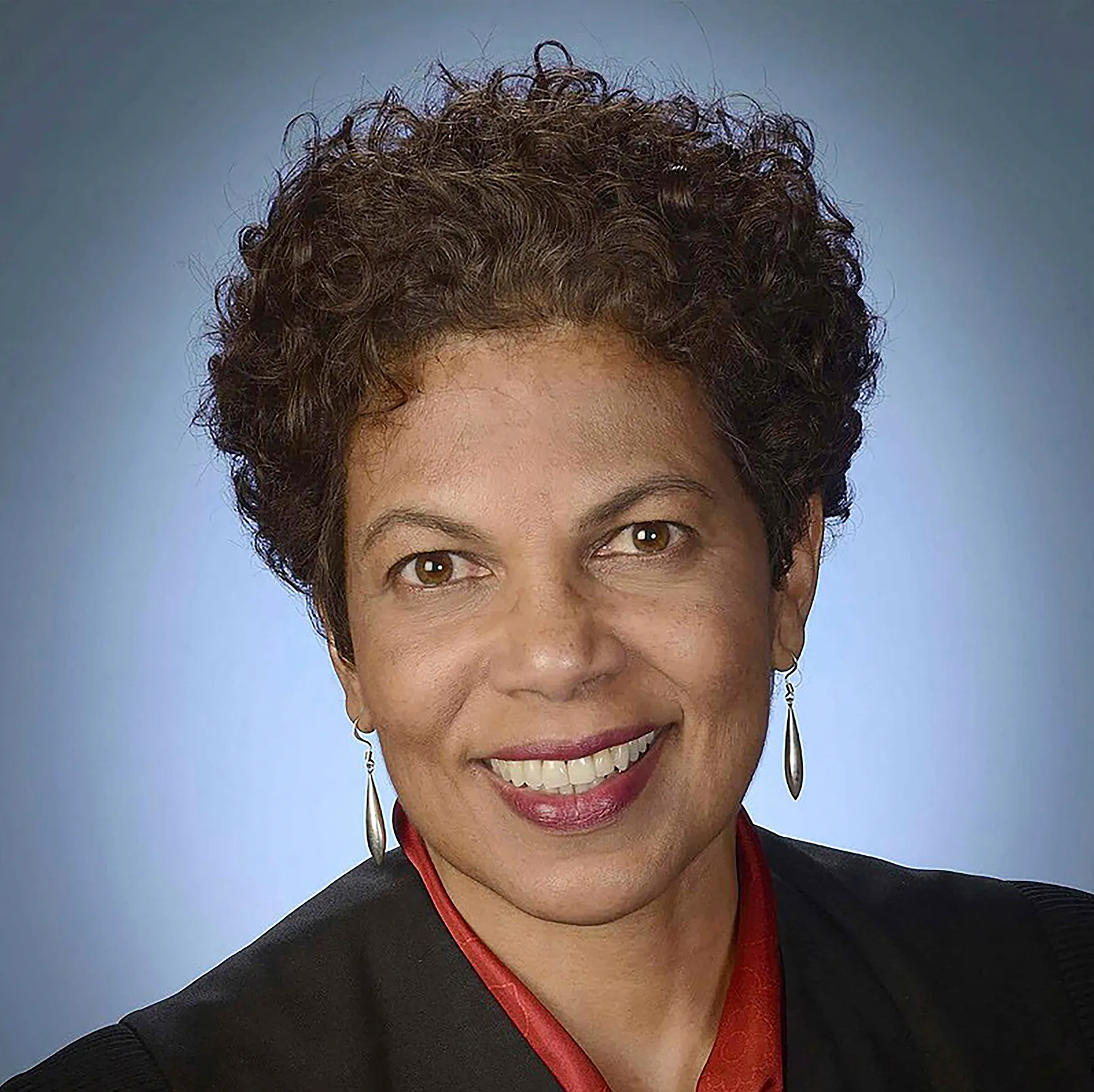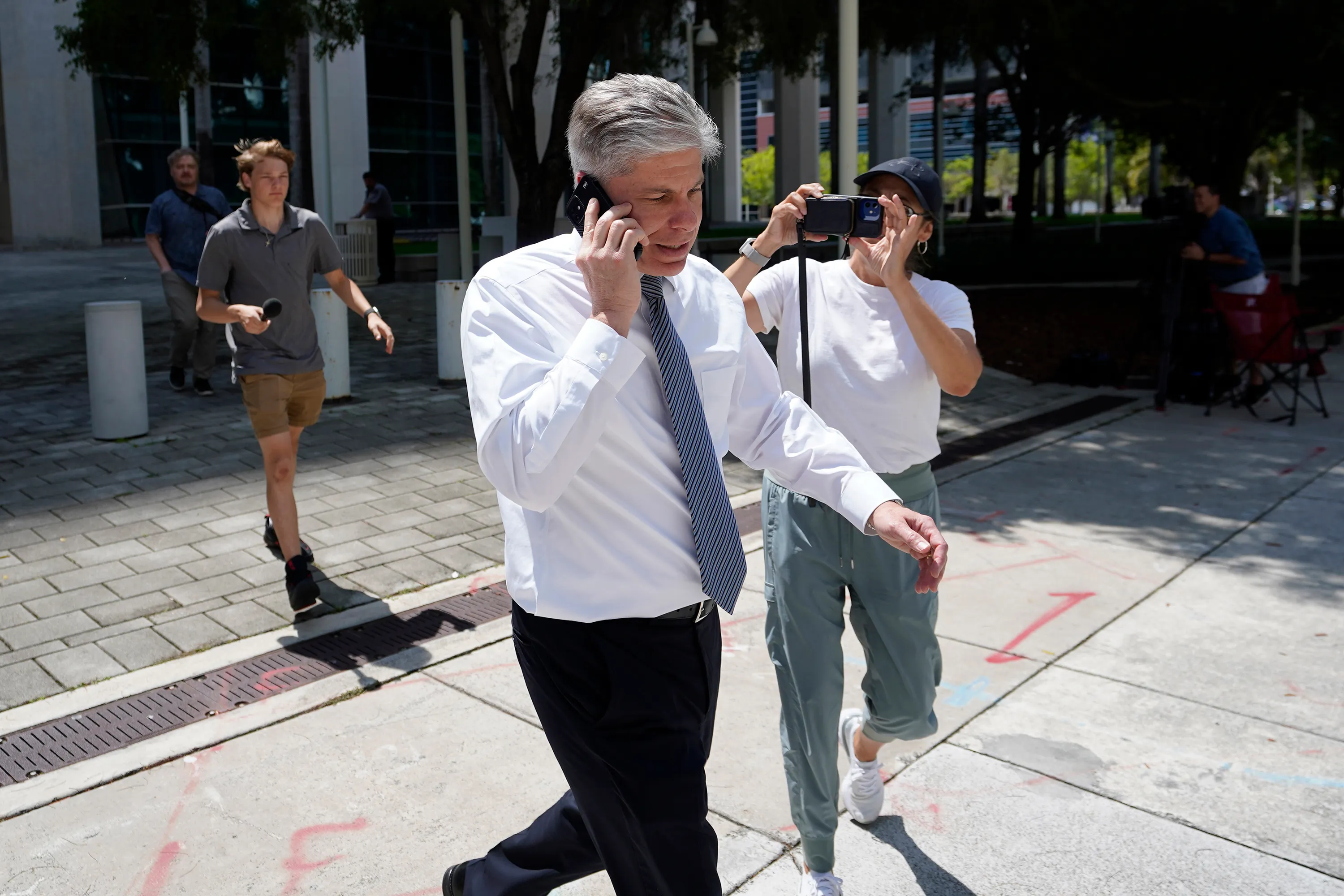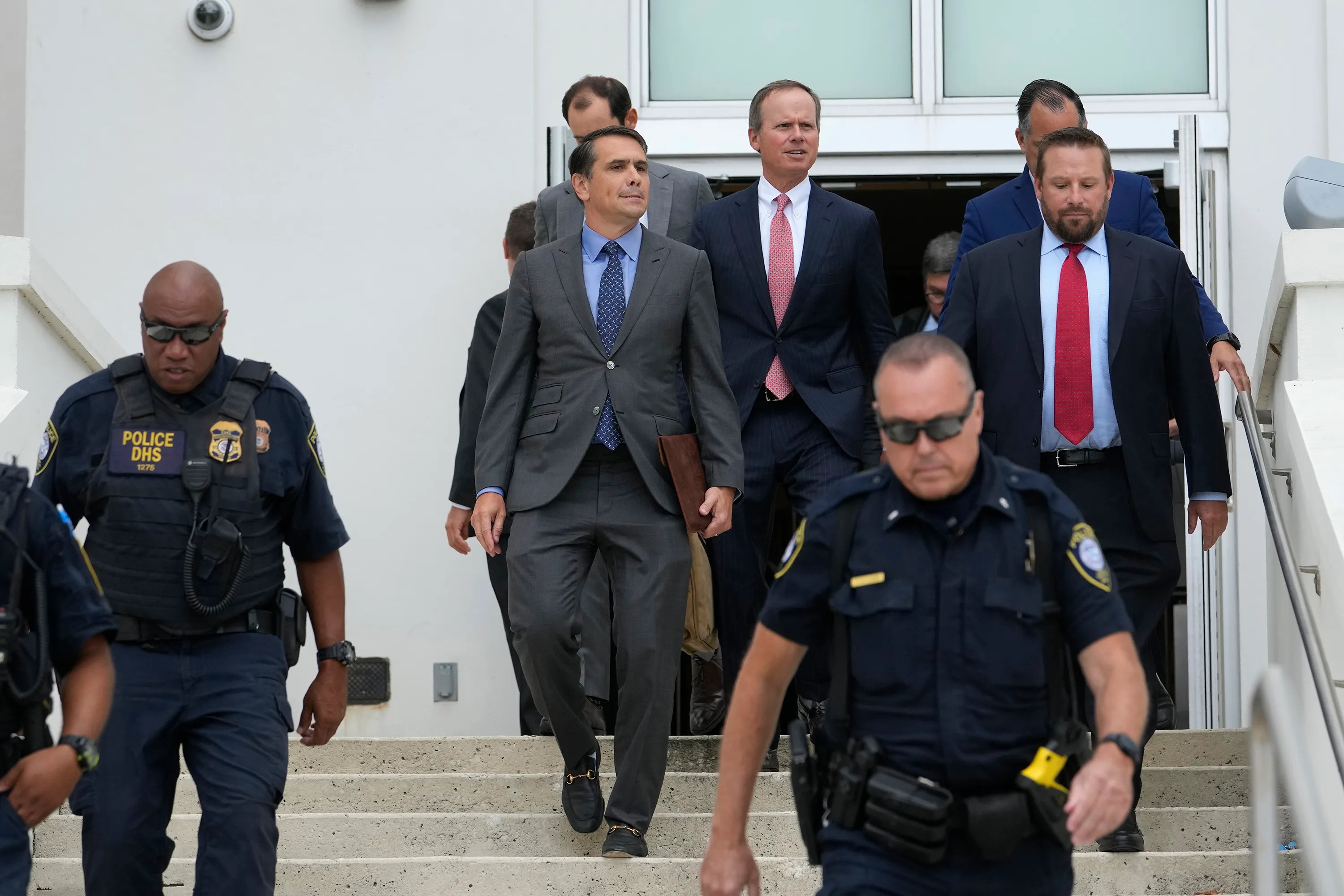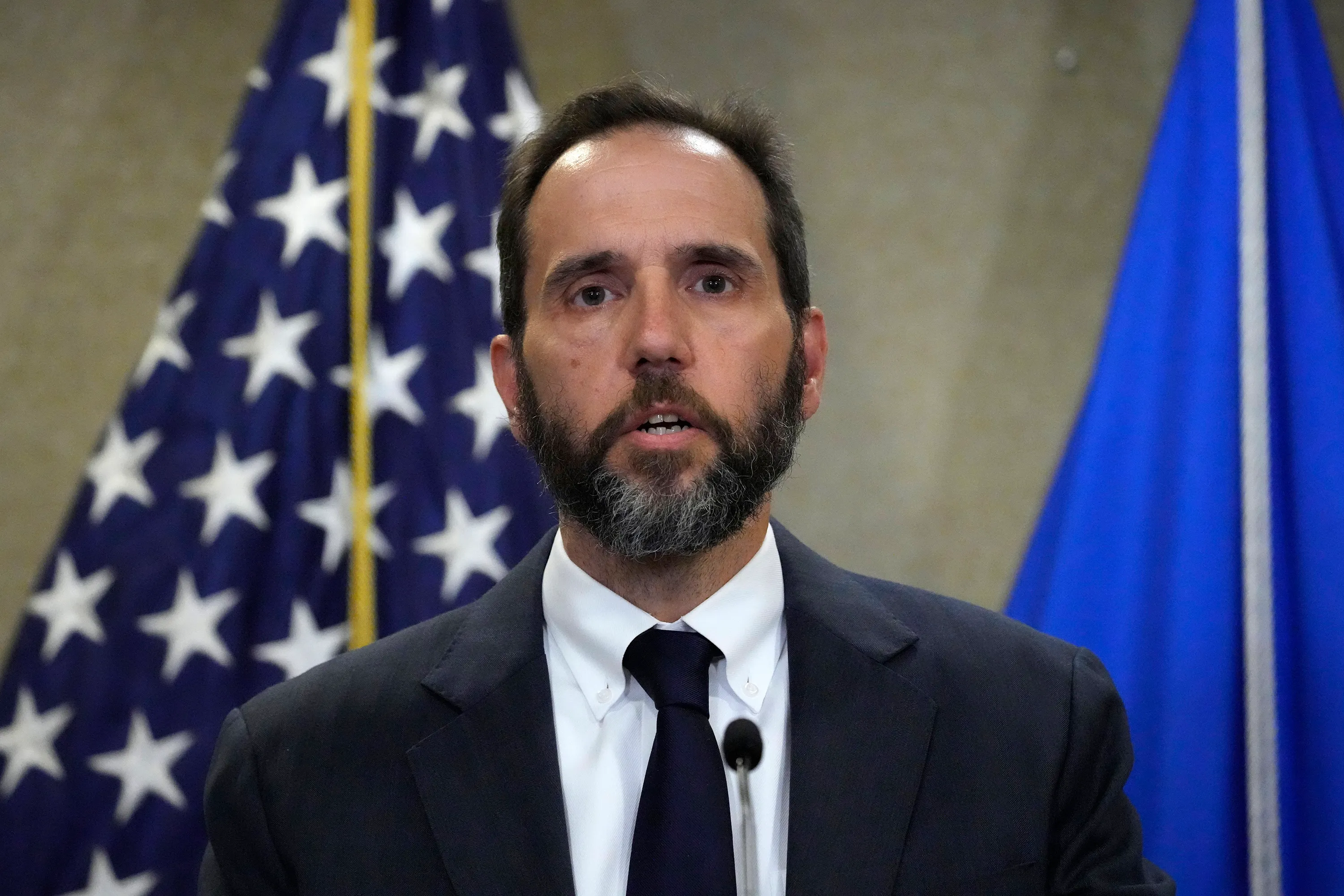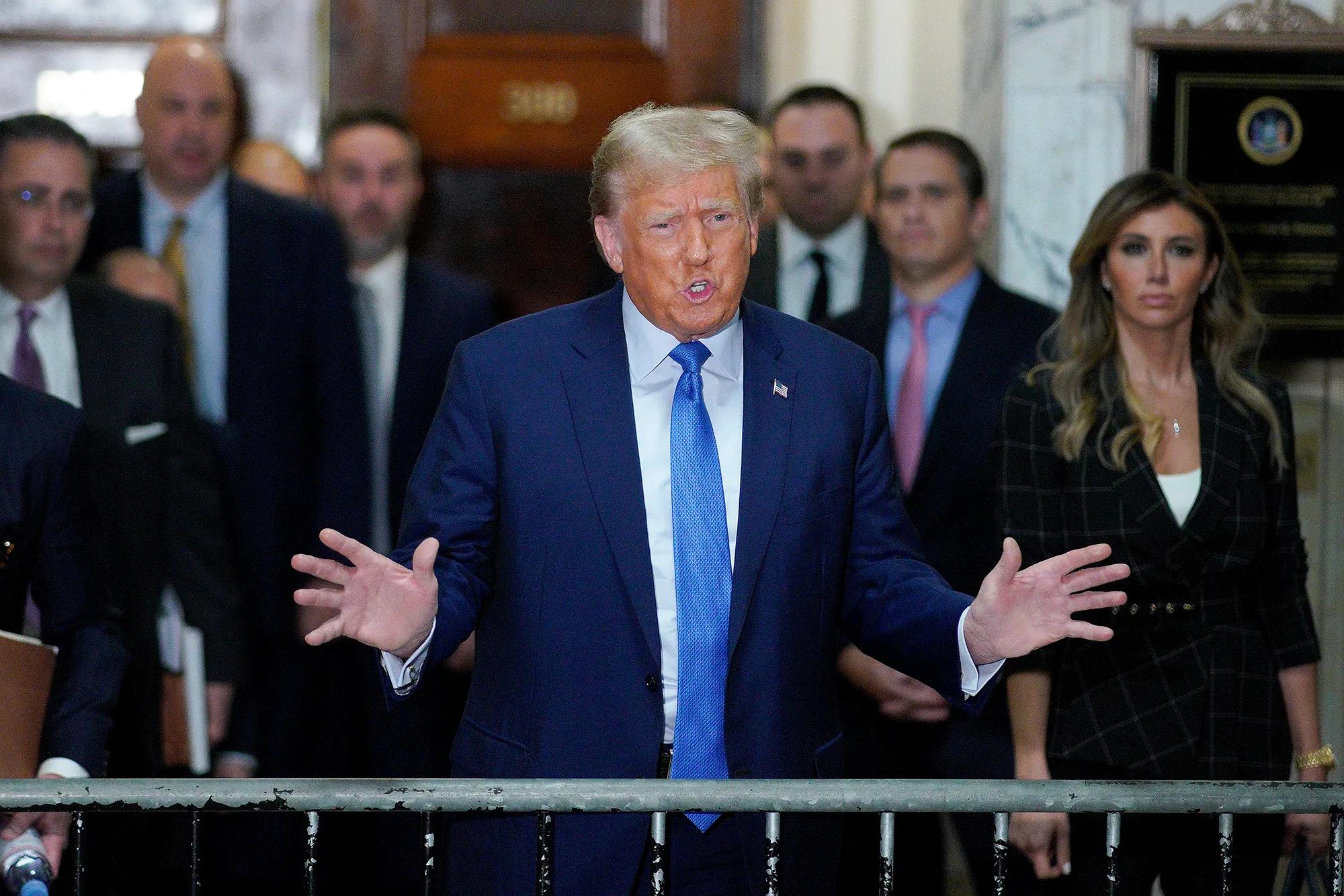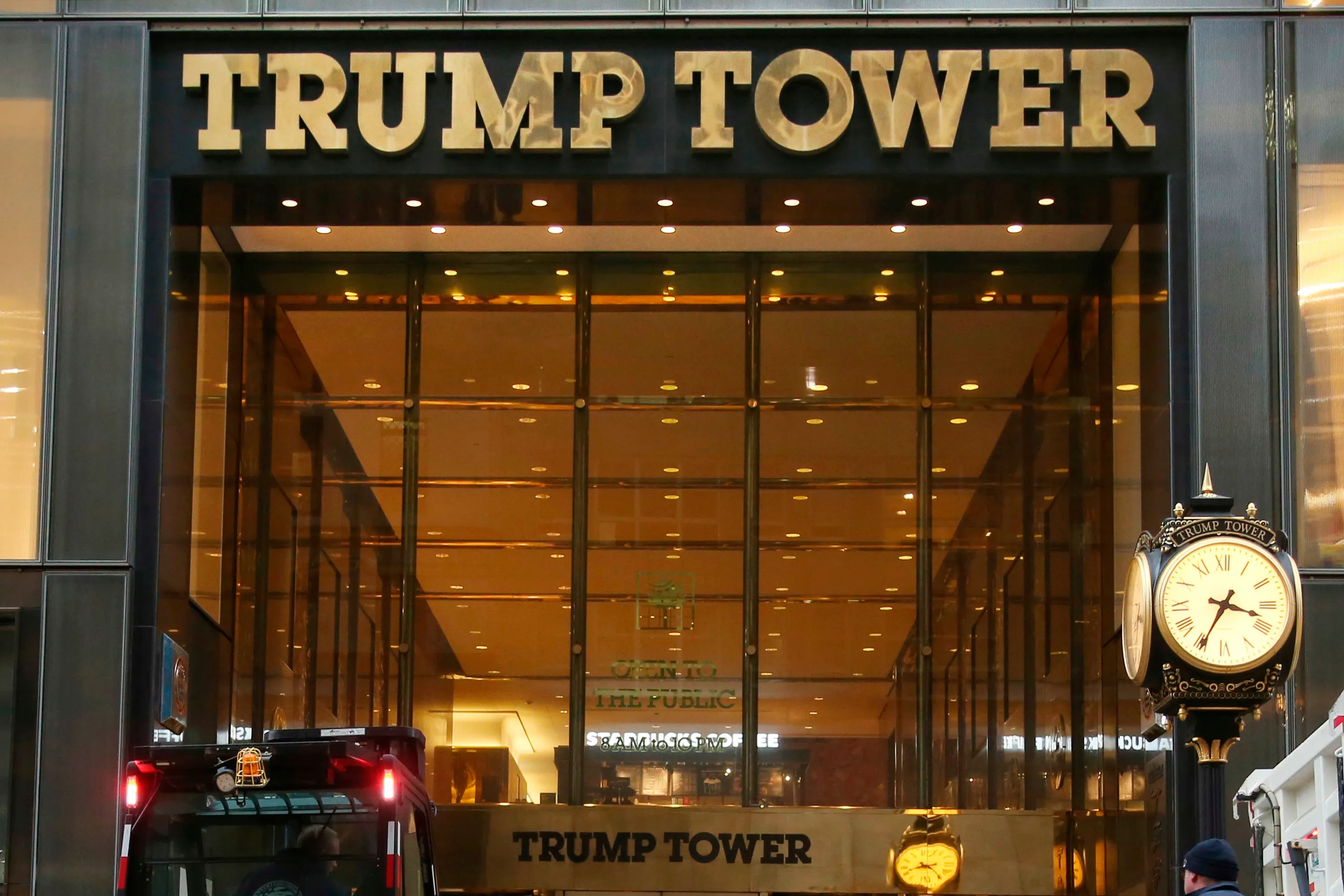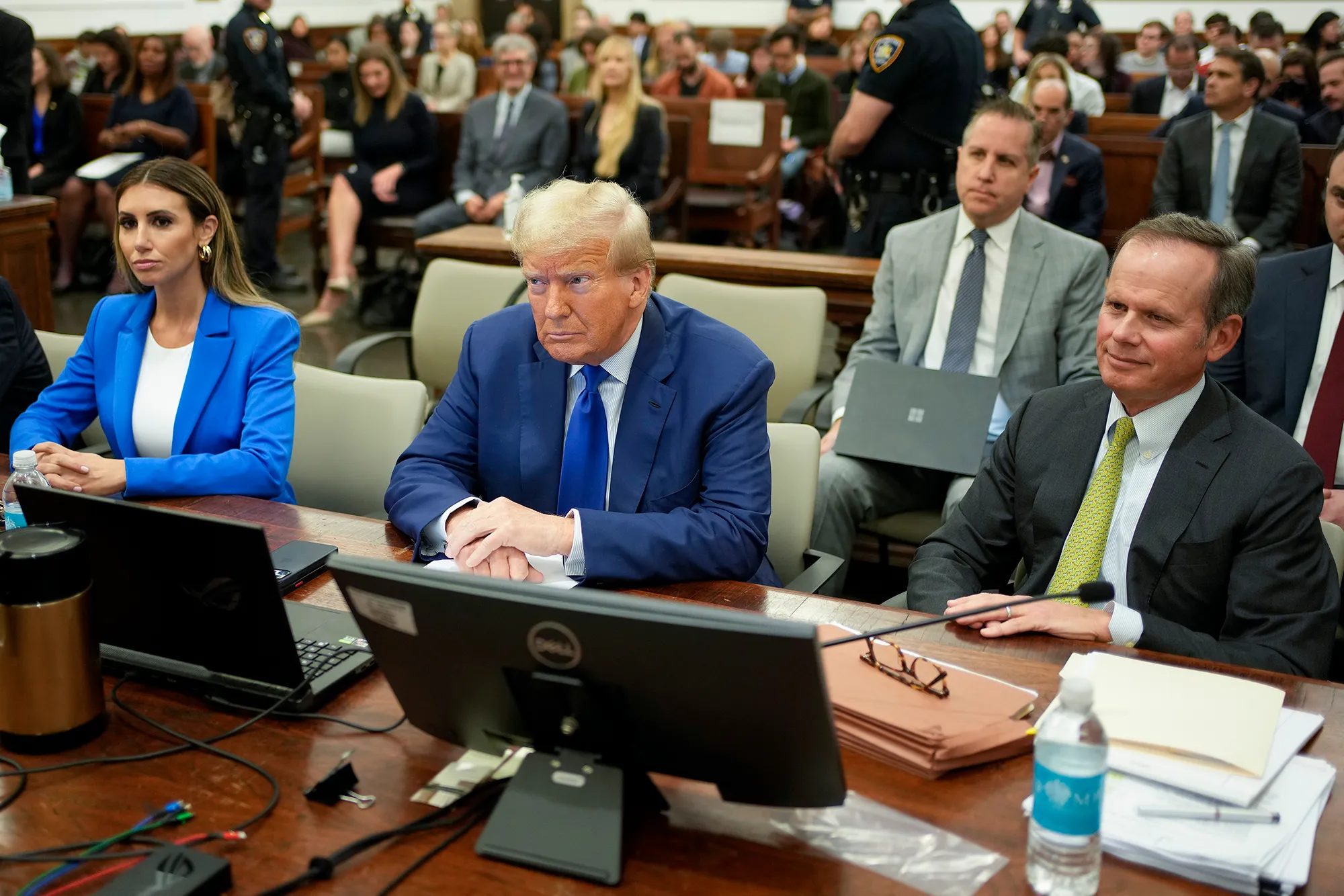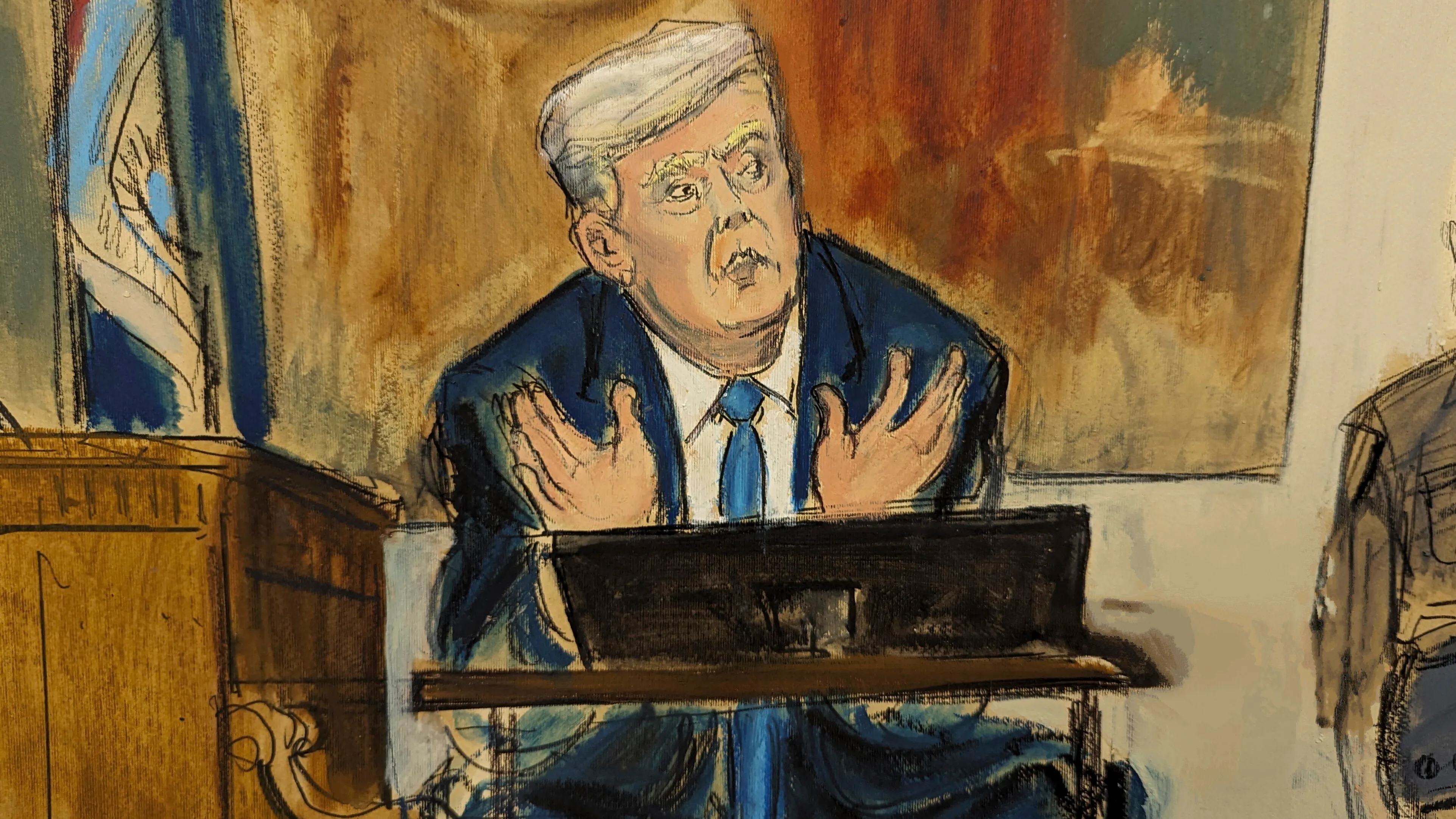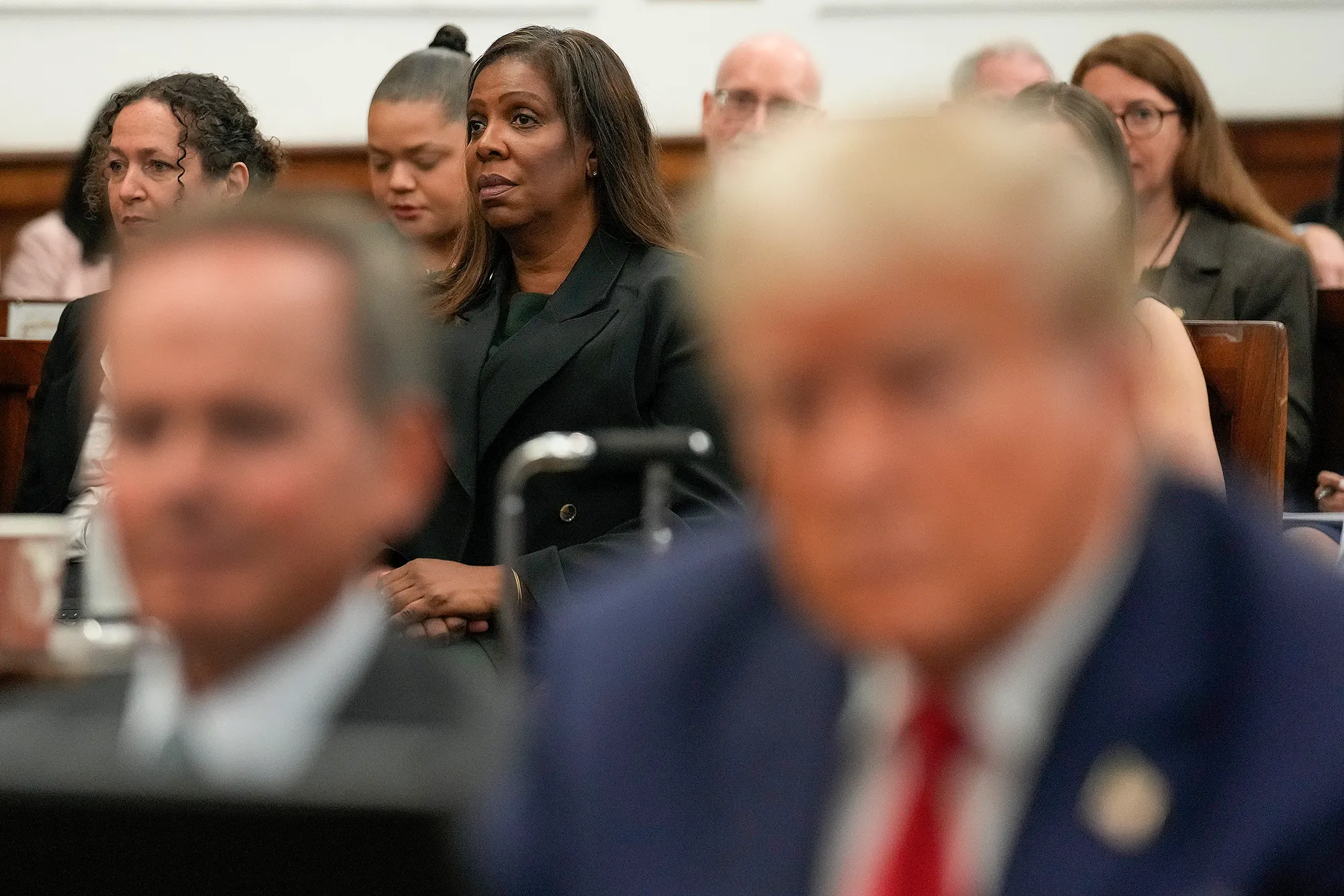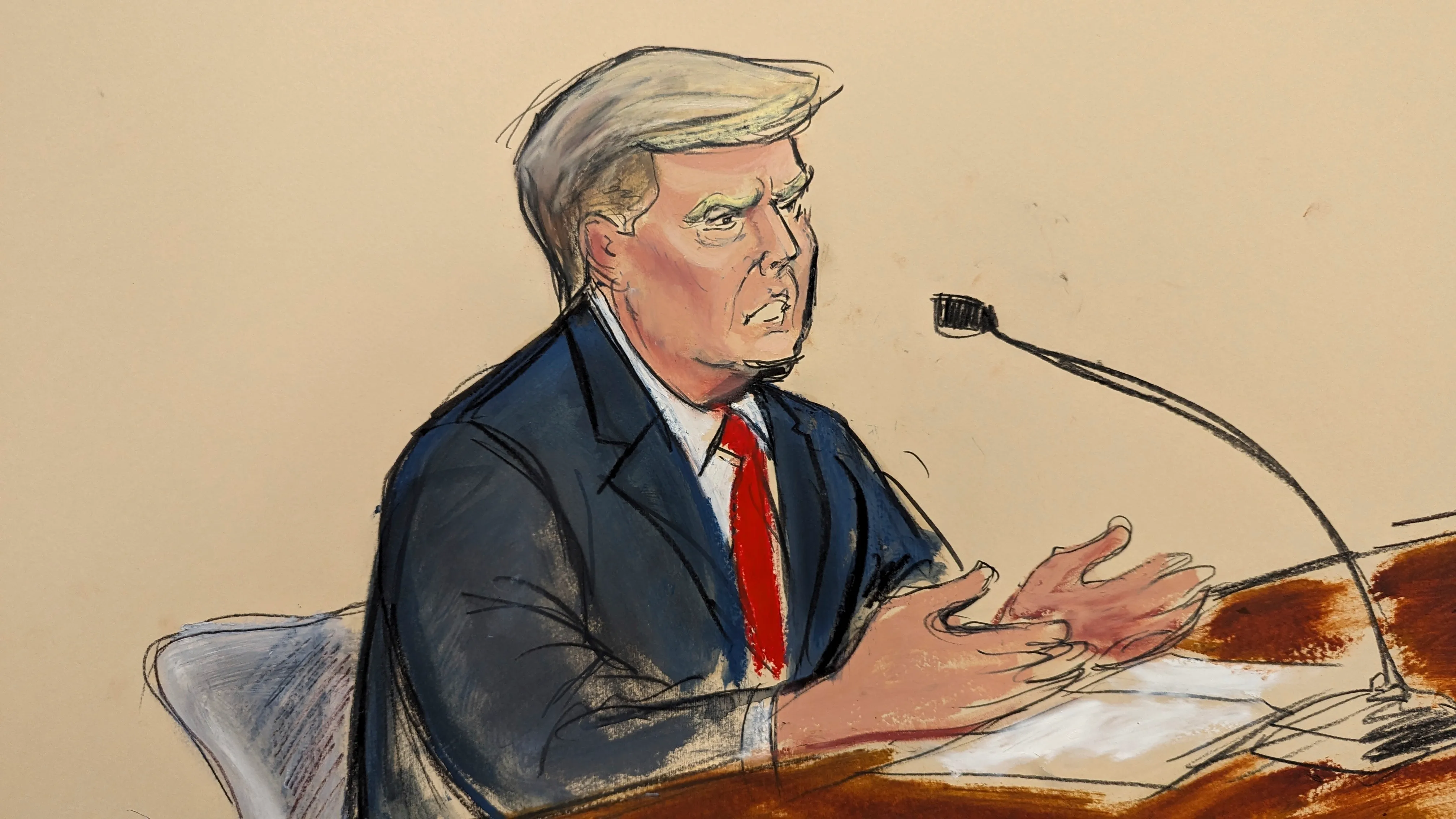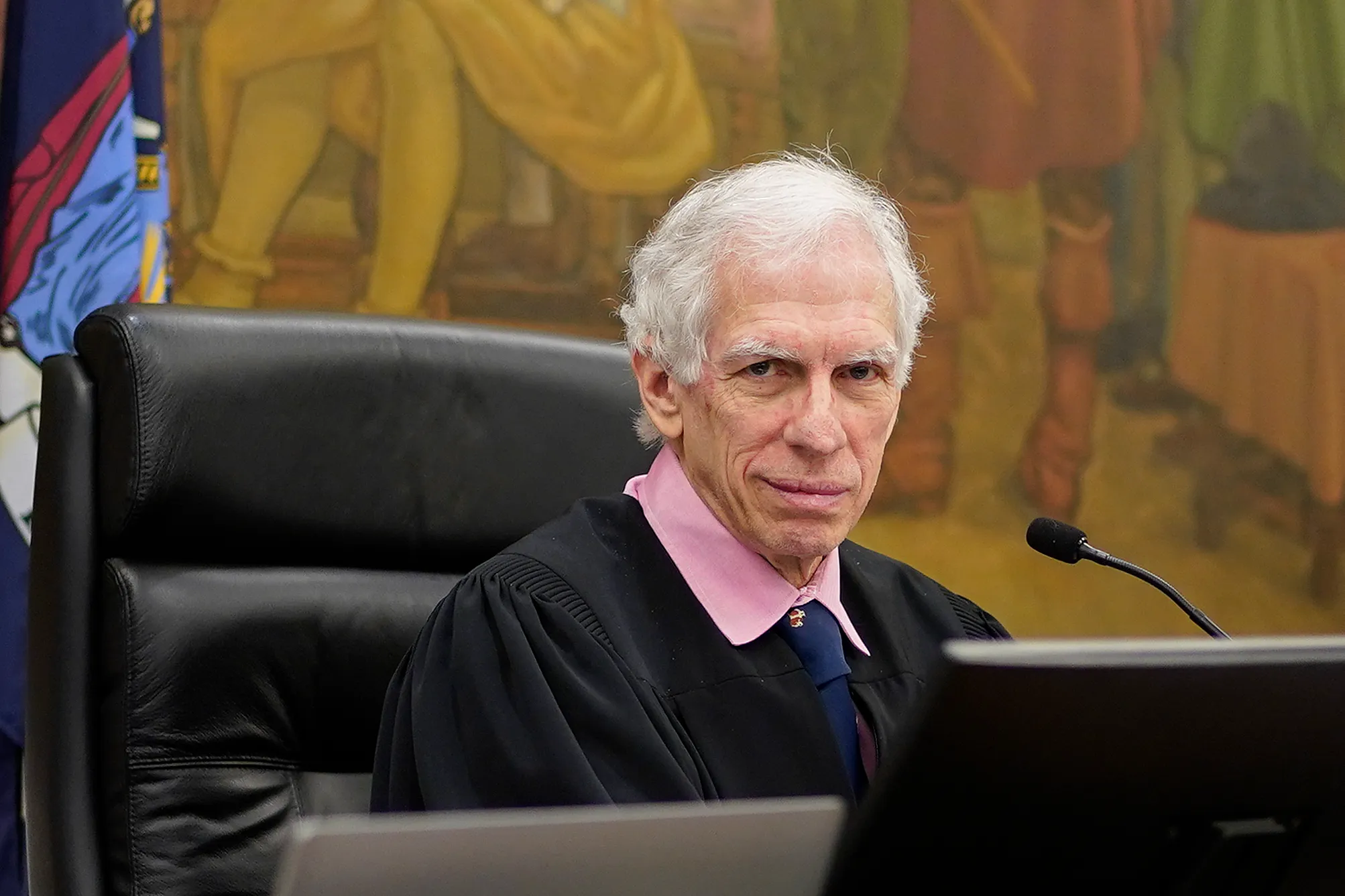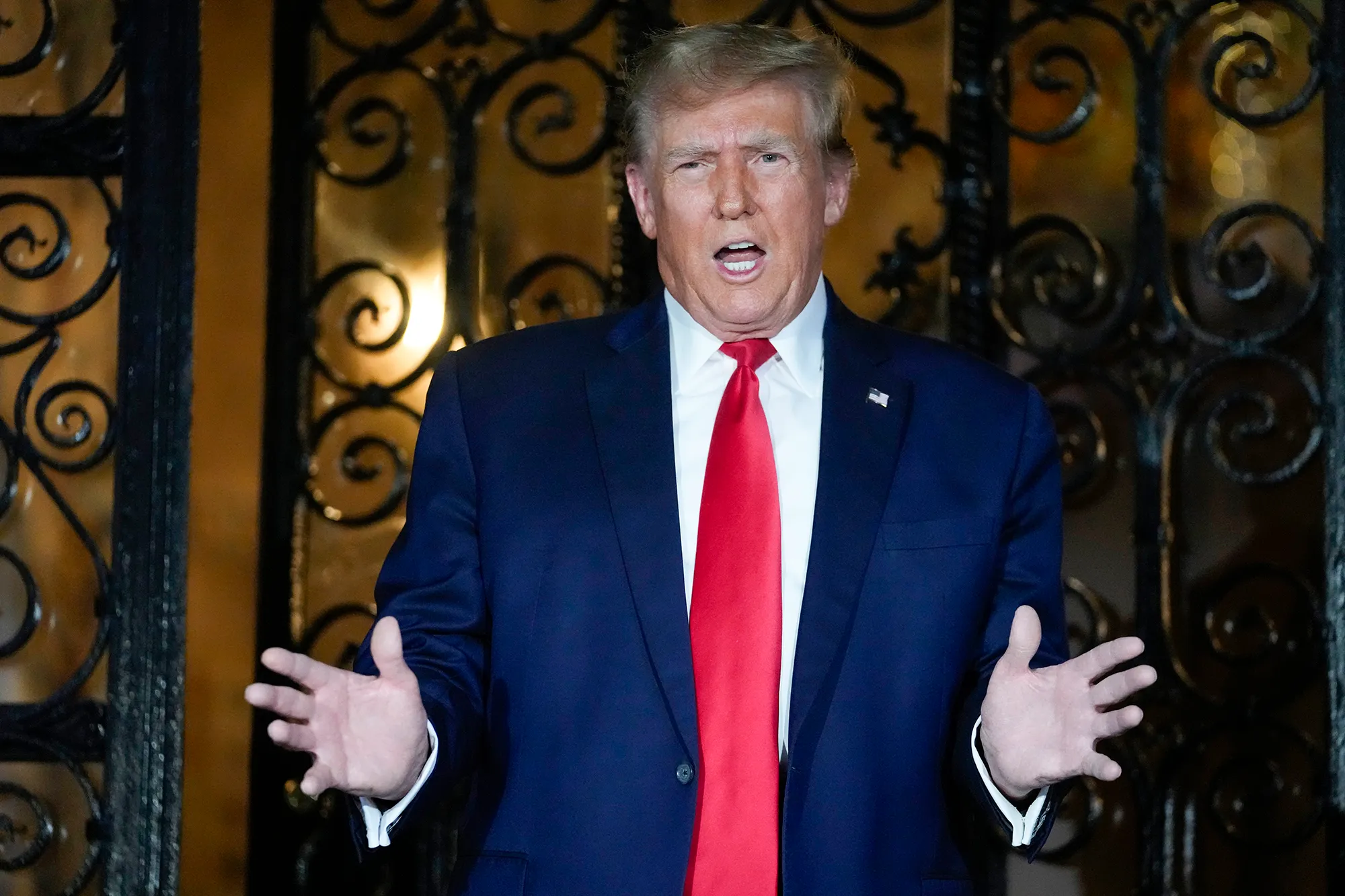In the first of his four criminal cases, former President Donald Trump was indicted in New York City on March 30, 2023, on charges involving a scheme to bury allegations of extramarital affairs that arose during his first White House campaign in 2016.
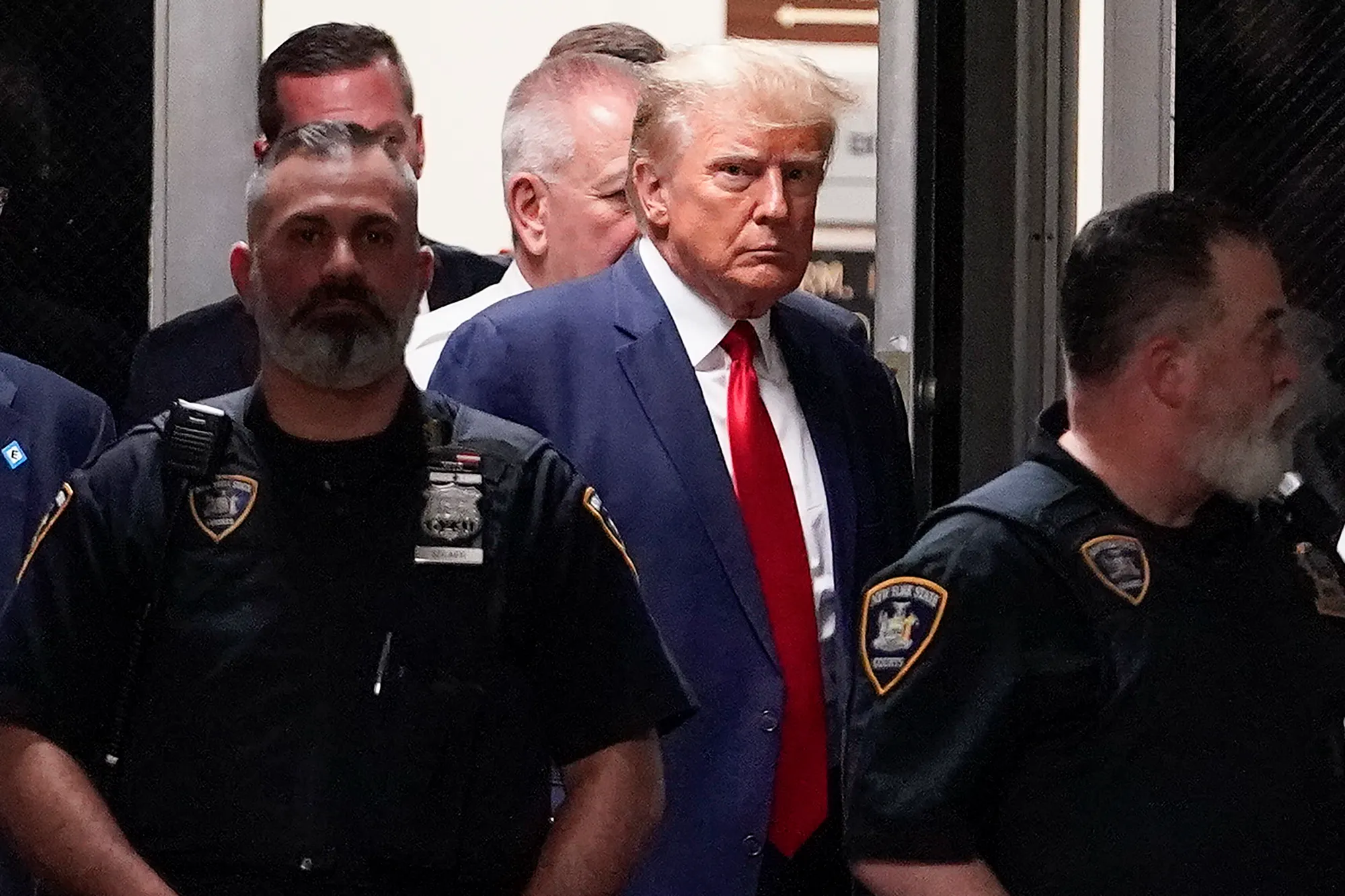
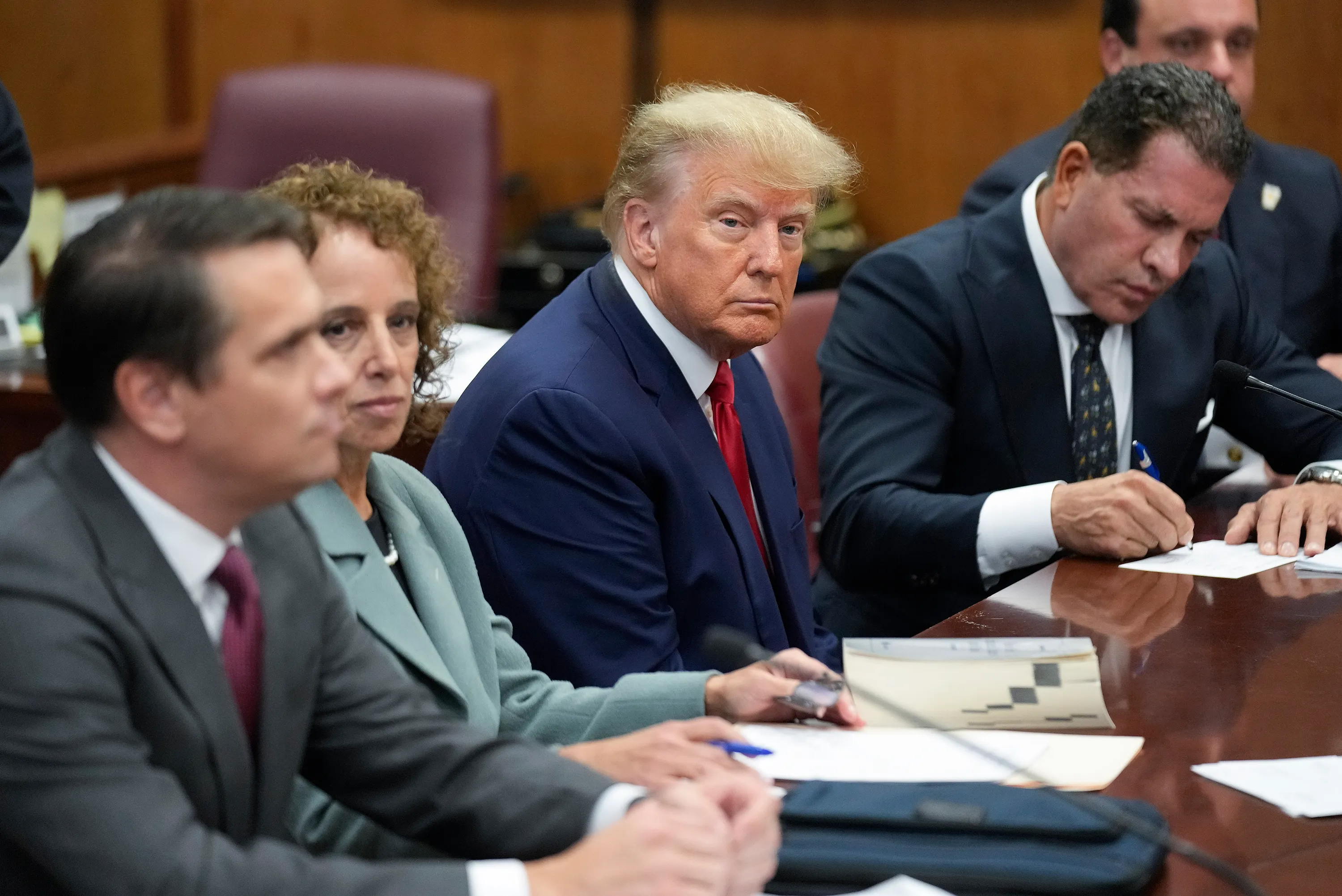
The indictment centers on allegations that Trump falsified internal records kept by his company to hide the true nature of payments made to his then-personal lawyer and fixer Michael Cohen, who helped cover up Trump’s extramarital affairs.
The case centers on payoffs to two women, porn star Stormy Daniels and Playboy model Karen McDougal, who said they had extramarital sexual encounters with Trump years earlier, as well as to a Trump Tower doorman who claimed to have a story about a child he alleged Trump had out of wedlock.
Cohen paid Daniels $130,000 and arranged for the publisher of the National Enquirer supermarket tabloid to pay McDougal $150,000 in a journalistically dubious practice known as “catch-and-kill.”
Trump's company, the Trump Organization, then reimbursed Cohen and paid him bonuses and extra payments, all which prosecutors say were falsely logged as legal expenses in company records. Over several months, Cohen said the company paid him $420,000.
The indictment, brought by Manhattan District Attorney Alvin Bragg, made Trump the first ex-president ever to face criminal charges. Trump was subsequently indicted in Georgia and Washington, D.C. for plotting to overturn his 2020 election loss, and in Florida for hoarding classified documents.
Donald Trump is charged in New York with 34 counts of falsifying business records, a felony punishable by up to four years in prison.
To convict the former president, prosecutors must show that he not only falsified or caused business records to be entered falsely, which would be a misdemeanor, but that he did so to conceal another crime, making the charges felonies.
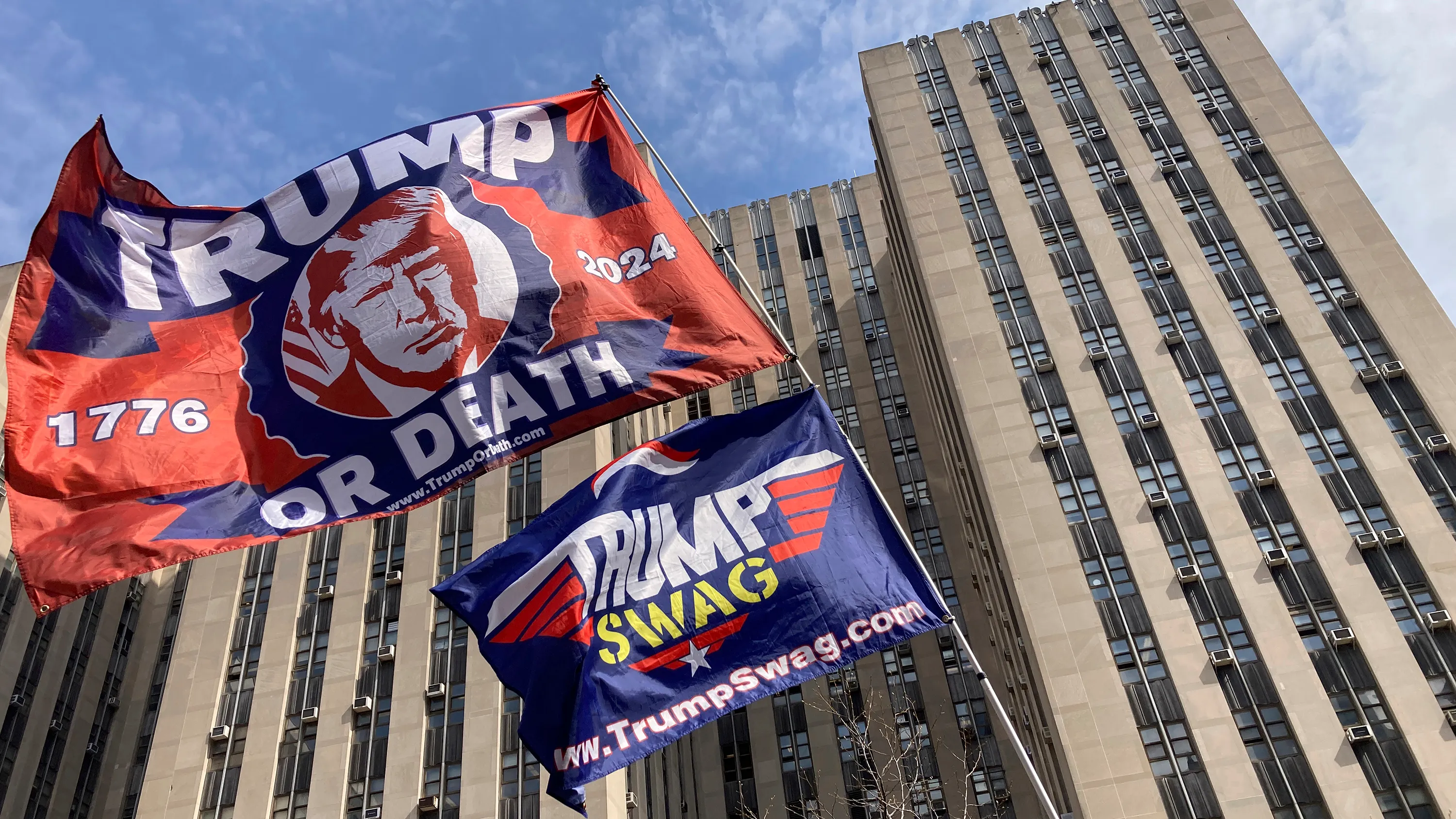
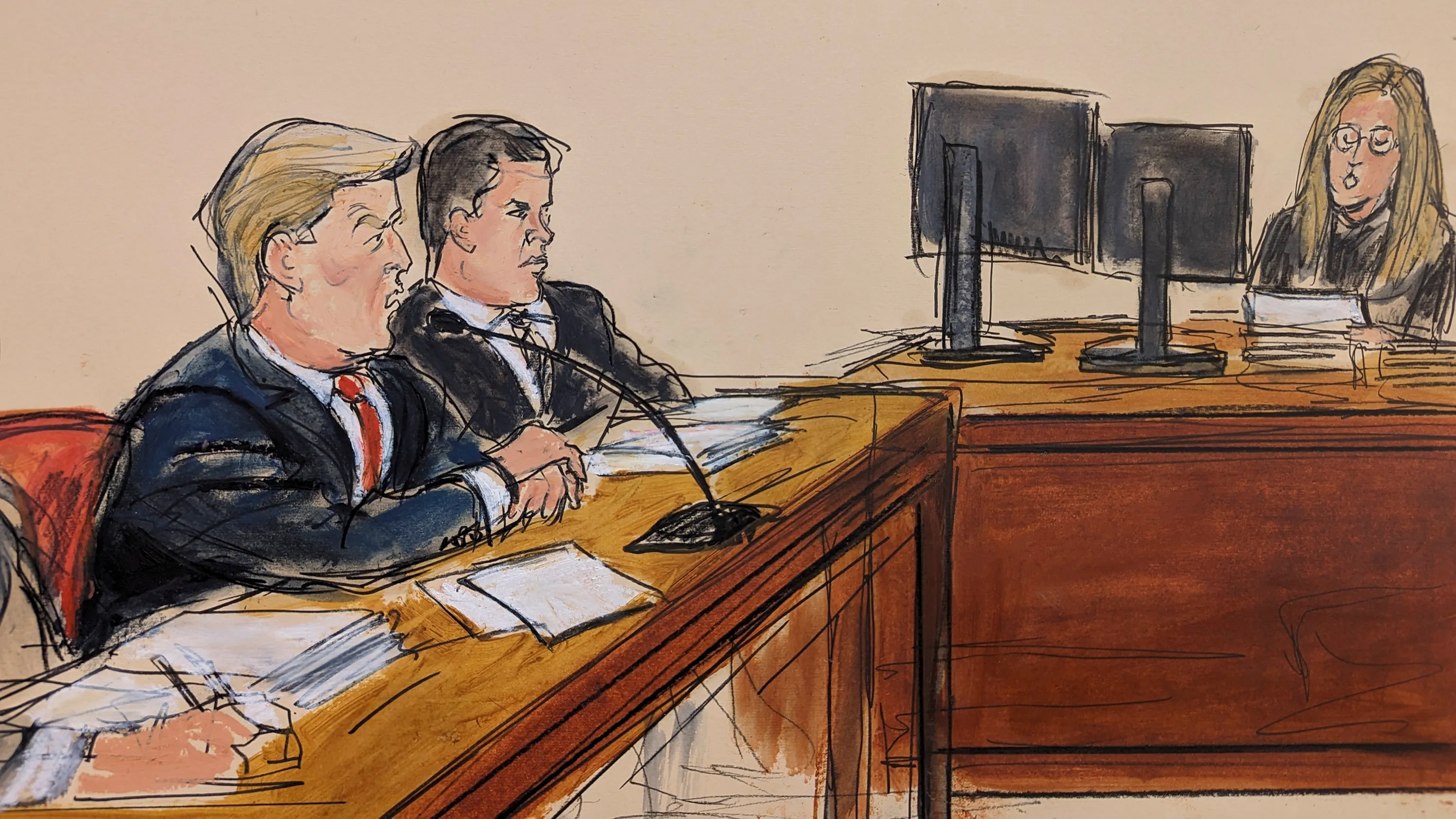
Manhattan prosecutors did not specify the other crime in Trump’s indictment and said in subsequent court papers that they “need not prove intent to commit or conceal a particular crime.” However, they went on to say that the crimes Trump “intended to commit or to aid or conceal” may include violations of state and federal campaign finance laws and tax fraud.
Judge Juan M. Merchan has ordered Trump’s trial to start April 15. It’s expected to take about six weeks once a jury is picked. The trial had been scheduled to start March 25, but a squabble over evidence prompted a delay.
Donald Trump has denied any wrongdoing and repeatedly assailed the investigation, calling the hush-money indictment “political persecution.” He has pleaded not guilty. His lawyers argue that payments to Michael Cohen were legitimate legal expenses and not part of any cover-up. Trump lawyers Susan Necheles and Joseph Tacopina said in a statement in the wake of the indictment that Trump “did not commit any crime.” They said they would “vigorously fight this political prosecution in court.”
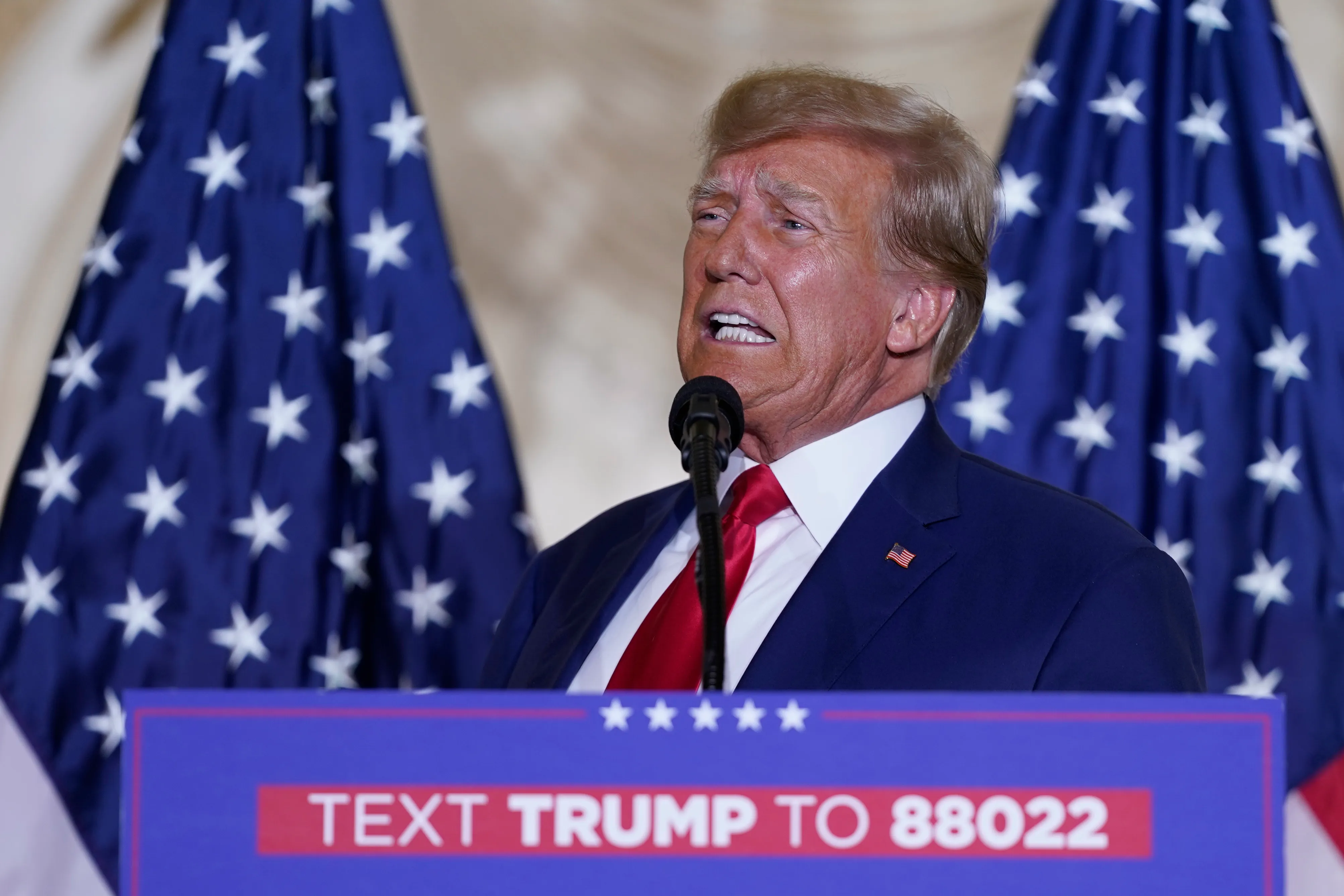
There’s always a chance the trial could get delayed again.
Trump’s lawyers also want a delay because they contend news coverage of the case – amplified by his run for president – would make it difficult for him to get a fair trial in heavily Democratic Manhattan. In a Truth Social post, Trump suggested moving the trial to Staten Island, the only New York City borough he won in 2016 and 2020.
The judge has yet to rule on a request by Trump’s lawyers to postpone the trial until after the Supreme Court rules on presidential immunity claims he raised in another of his criminal cases. The high court is scheduled to hear arguments April 25. Trump invoked immunity in his Washington, D.C., election interference case, but his lawyers say some of the evidence in the hush-money case could be affected by how the Supreme Court rules.

